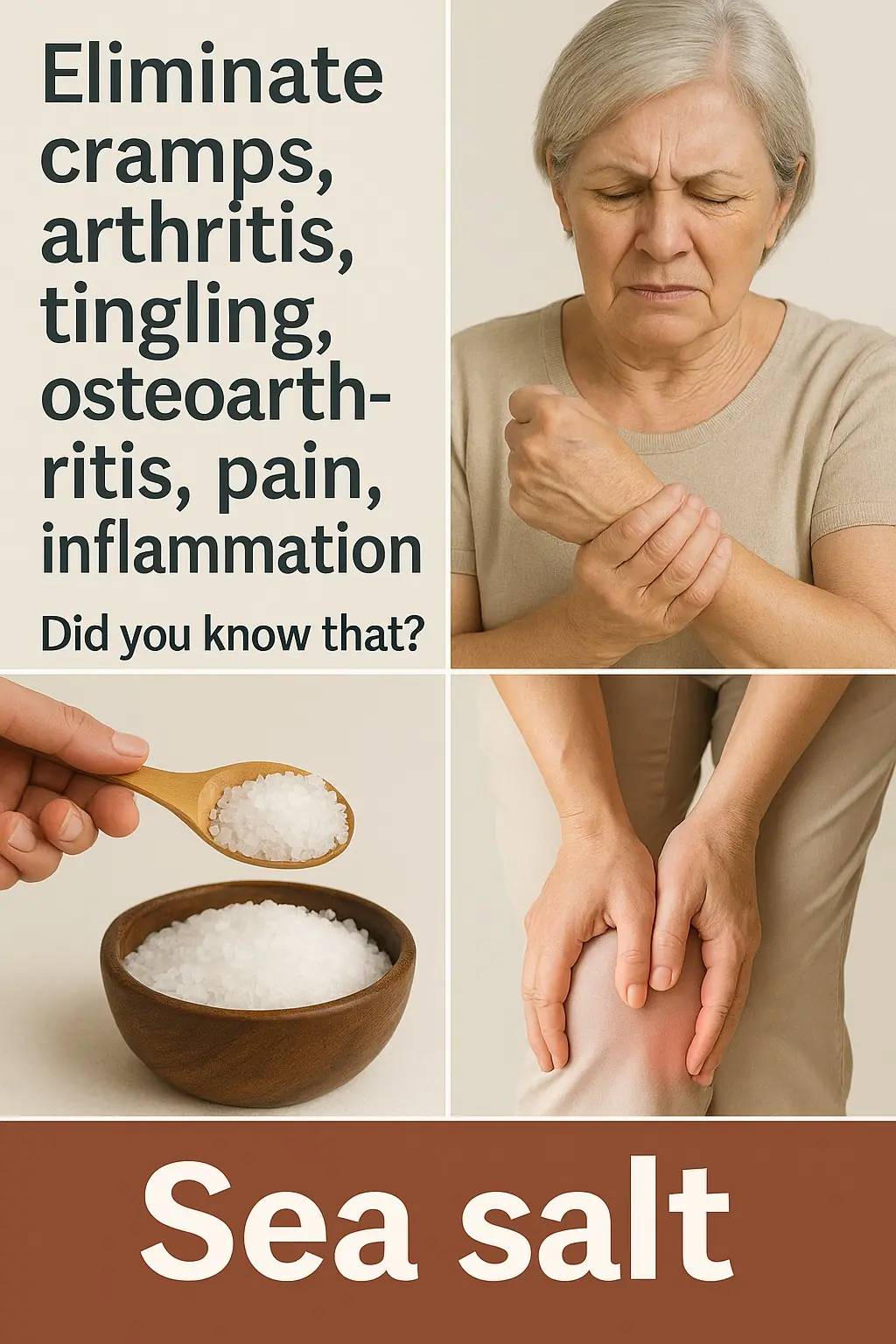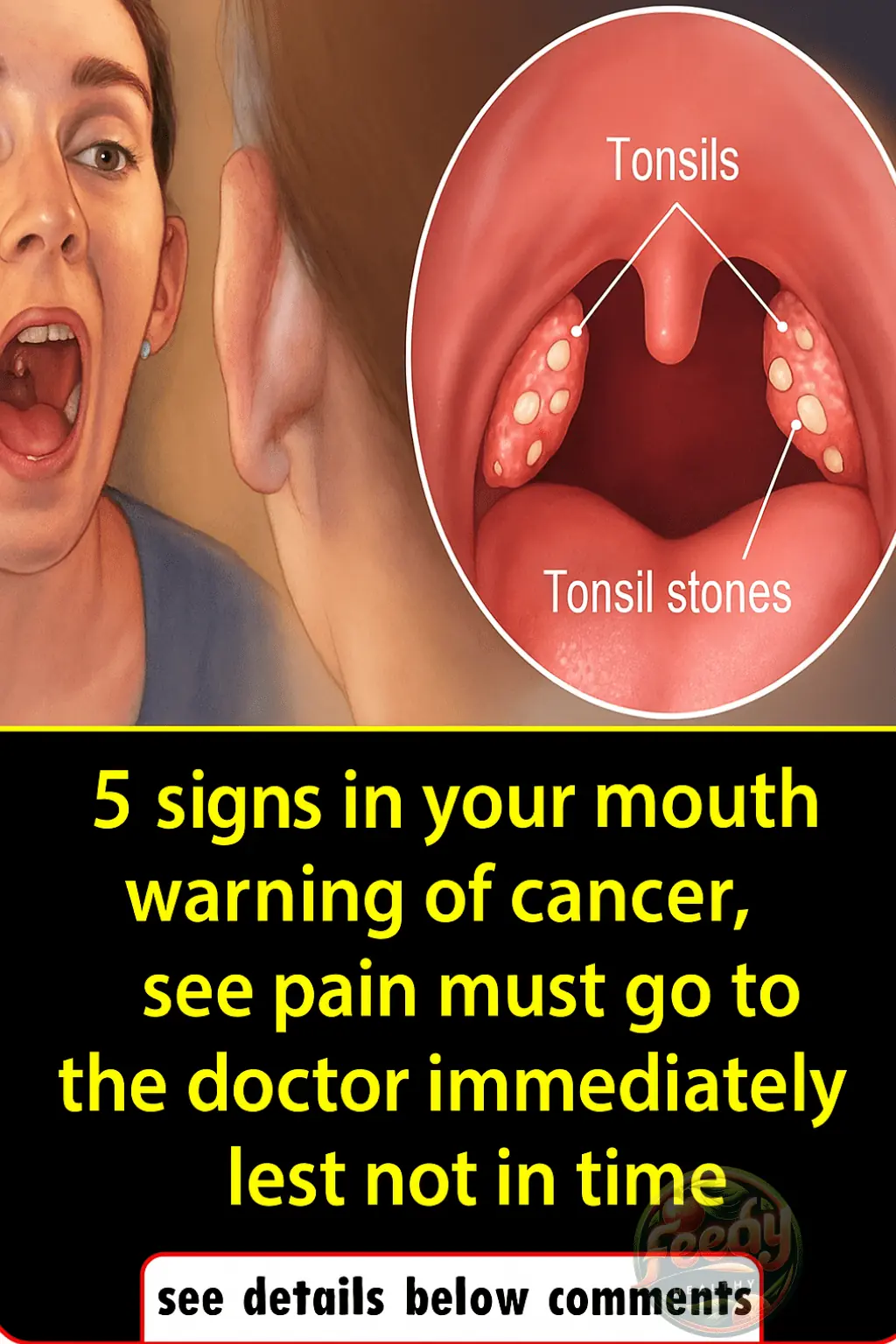
A 14-Year-Old Girl Diagnosed with Bowel Cancer Due to Her Mother's Busy Schedule: A Wake-Up Call About 5 Foods Children Should Never Eat for Breakfast
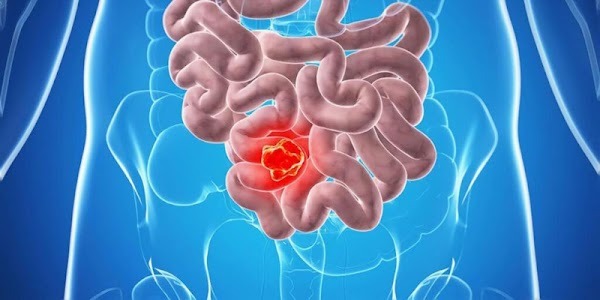
Children are in their golden stage of growth and development. Many parents spend generously on nutritional supplements, yet they often neglect the most critical factor for their child’s well-being—a proper breakfast. One heartbreaking case involves a 14-year-old girl diagnosed with bowel cancer, stemming from years of poor breakfast habits.
The girl's mother, Ms. Zhang, is a strong, career-oriented woman. Due to her hectic schedule, she rarely had time to prepare breakfast. Instead, she would give her daughter money to buy food or occasionally offer her a basic hamburger on the go.
One day, Ms. Zhang received a call from her daughter’s teacher, reporting that the girl was in severe abdominal pain and rolling on the floor. Shocked and panicked, Ms. Zhang rushed to the hospital.
After examination, the results left everyone stunned: a 14-year-old girl was diagnosed with bowel cancer.
Why Would a 14-Year-Old Have Bowel Cancer?
Doctors discovered that the girl had been eating fast food, such as hamburgers, for breakfast over several years. Her mother, too busy to cook, had unknowingly allowed this harmful habit to develop. This prolonged consumption of unhealthy food was identified as the leading cause of her condition.
At an age where she should be healthy and thriving in her studies, this young girl is now forced to face illness and a race against time to save her life.
Nutritionists Warn: 5 Foods Children Should NEVER Eat for Breakfast
1. Undercooked Eggs
While many mothers like to include eggs in breakfast, they must be fully cooked. In Taiwan, a family gave their 2-year-old twins sukiyaki with raw egg dip. The children contracted Salmonella, suffered from sepsis and high fever for four days, and required 14 days of hospitalization.
Always cook eggs thoroughly to kill bacteria—even if it compromises flavor, health must come first.
2. Flavored or Additive-Rich Milk
Milk is essential, but many products labeled as milk are actually processed beverages—like yogurt drinks with sweet flavors, walnut/peanut/date milk, or fruit-flavored drinks.
According to national standards, pure milk must contain at least 2.9% protein. Anything lower does not qualify.
Instead, give your child pure milk or natural yogurt and avoid additive-laden, sugary alternatives.
3. Leftover Dishes from the Previous Night
Studies show that overnight vegetables often exceed bacterial safety limits. Young children with immature digestive systems may develop gastroenteritis from eating them.
If necessary, heat leftovers thoroughly—preferably steam them for more than 10 minutes. Still, freshly cooked food is always best.
4. High-Sugar Snacks
Here's how common snacks translate into sugar:
-
1 bottle of yogurt drink = 66g sugar
-
1 bottle of orange juice = 48g sugar
-
1 soda = 35g sugar
-
1 butter cake = 44g sugar
-
1 snack box = 149g sugar (equivalent to 4 sodas)
Regular consumption of high-sugar foods, especially for breakfast, damages digestion, leads to obesity, nutritional imbalance, and weakens immunity.
5. Instant Noodles & Frozen Processed Foods
Instant noodles are high in salt, impair taste sensitivity, and may lead to hypertension or diabetes in adulthood.
Frozen dumplings, steamed buns, chicken nuggets, and steaks often contain preservatives. Prolonged storage can pose serious health risks.
Fast food breakfasts may be time-saving but endanger children’s long-term health.
WARNING: 6 Highly Toxic Chemicals in Food That Can Cause Cancer and Harm Children
1. Borax
Also known as sodium borate, borax is a mild antiseptic but toxic if ingested. Illegally used to preserve meat and enhance texture in processed foods like sausages, meatballs, or rice cakes.
Even 5 grams can cause poisoning, especially in children—leading to malnutrition, brain development issues, liver damage, and even cancer.
2. Formaldehyde
A potent preservative used illegally in noodles, pork, or fish to prevent spoilage.
Formaldehyde can cause digestive damage, respiratory issues, ulcers, and in high doses, even death.
3. Tinopal
A brightening agent used in paper production, sometimes illegally added to noodles or rice cakes to make them appear whiter.
Chronic exposure harms digestive linings, leads to intestinal ulcers, and can trigger liver/kidney failure and cancer.
4. Saltpetre (Sanpet/Salt Peter)
An illegal whitening chemical used to disguise spoiled meat. Cheap and effective, but highly toxic.
Children consuming such meat may suffer blue baby syndrome, cancer, or worse—death.
5. Growth-Promoting Plant Hormones
Used on sprouts and leafy greens to speed growth. These cytokinin and auxin-based chemicals can cause burns, eye damage, and harm the digestive and respiratory systems if ingested or inhaled.
6. DEHP (Diethylhexyl Phthalate)
A colorless, oily industrial chemical used to enhance the texture of drinks, jellies, and juices.
Used as a cheap substitute for palm oil in Taiwan (2011), DEHP-contaminated products led to early puberty in girls and genital malformation in boys.
In high doses, it causes acute poisoning or death.
Conclusion:
Breakfast can be either a protective shield or a health hazard for children. Prioritize fresh, nutritious, and chemical-free meals. A safe and balanced breakfast lays the essential foundation for a child’s immunity, growth, and future.
News in the same category

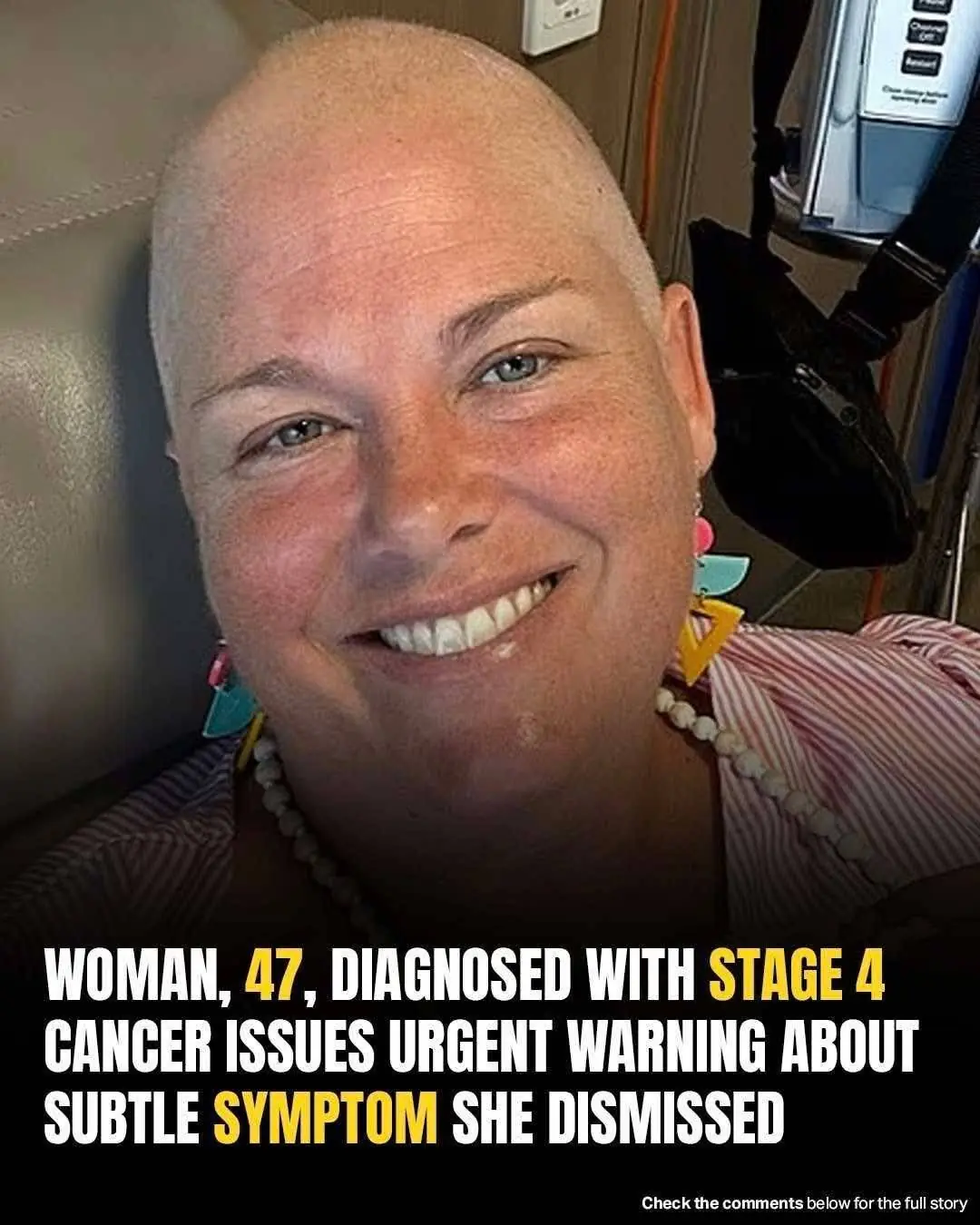
Stage 4 cancer patient warns overlooked minor signs can mask a fatal disease
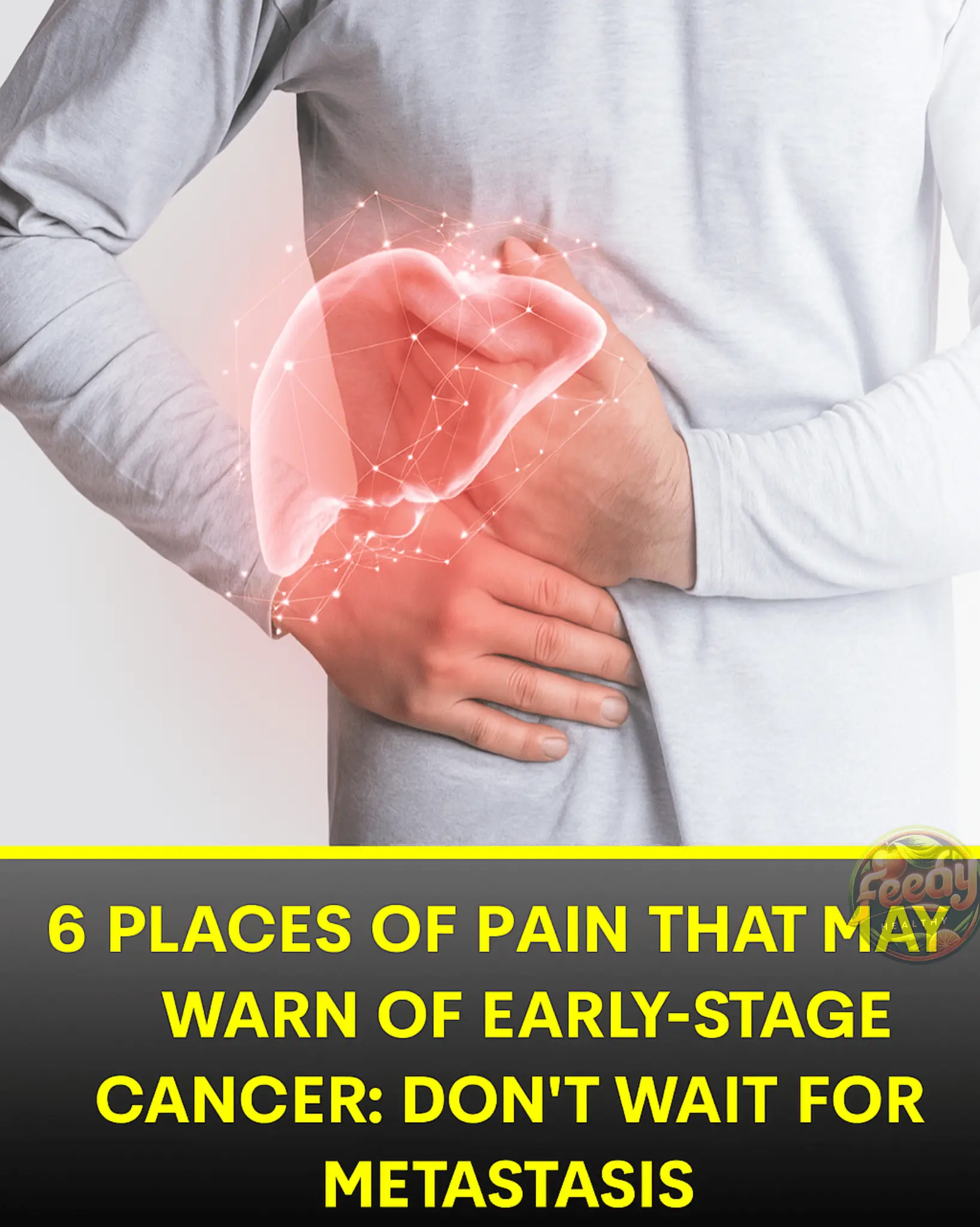
6 Types of Pain That May Signal Early-Stage Cancer: Don’t Ignore These Symptoms Before It Spreads
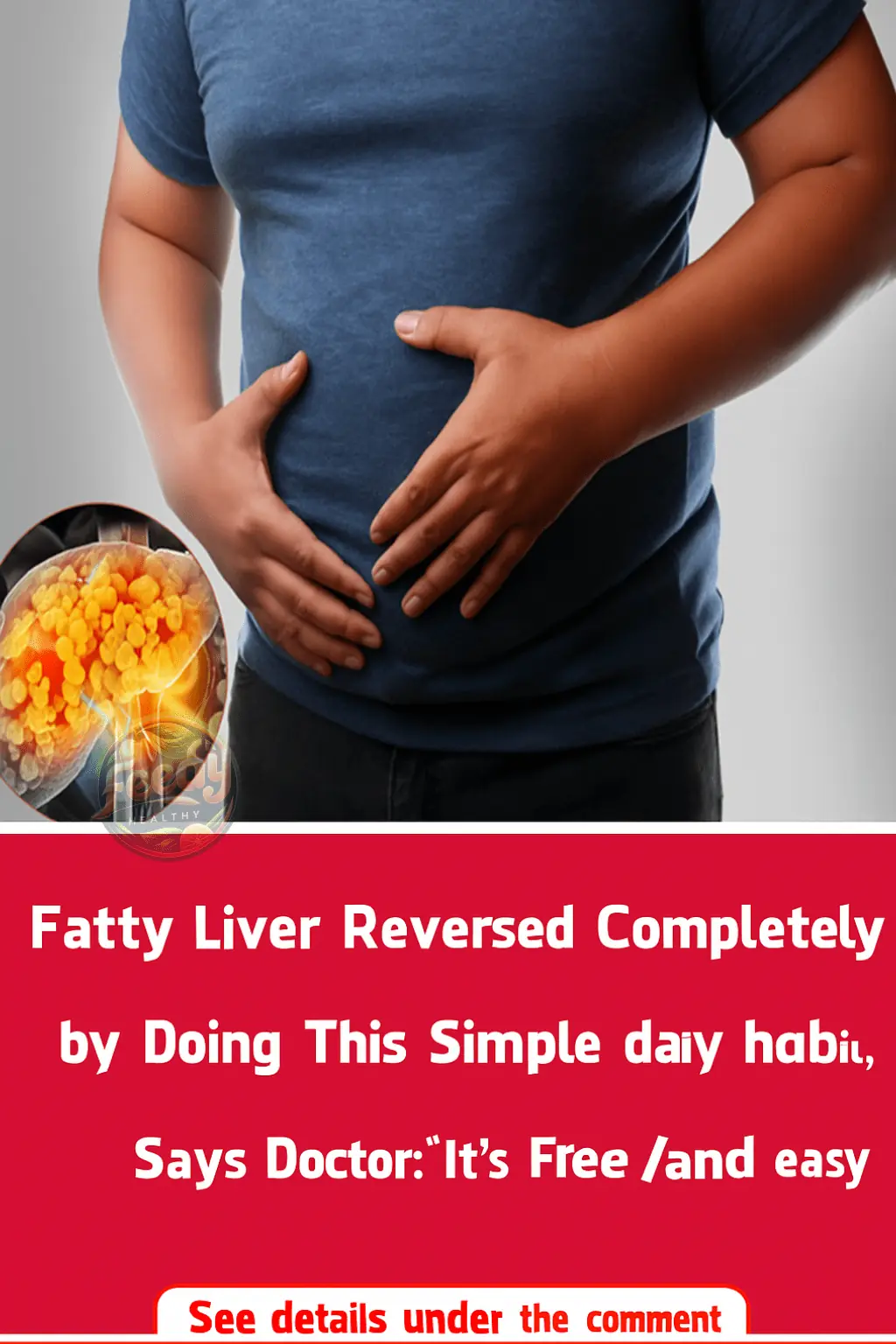
Fatty Liver Reversed Completely by Doing This Simple Daily Habit, Says Doctor: “It’s Free and Easy”
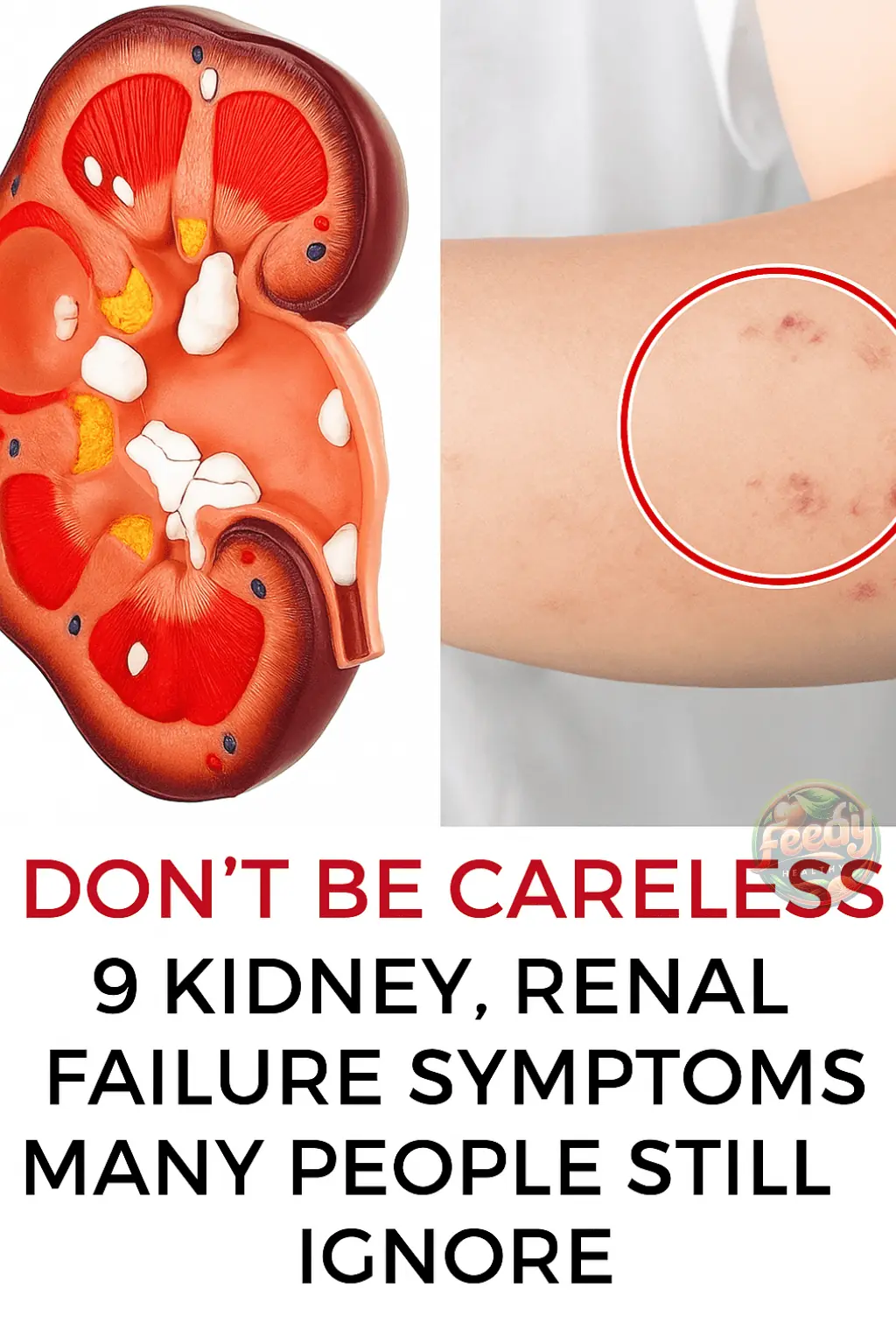
9 Symptoms of Kidney Disease and Kidney Failure Everyone Should Know
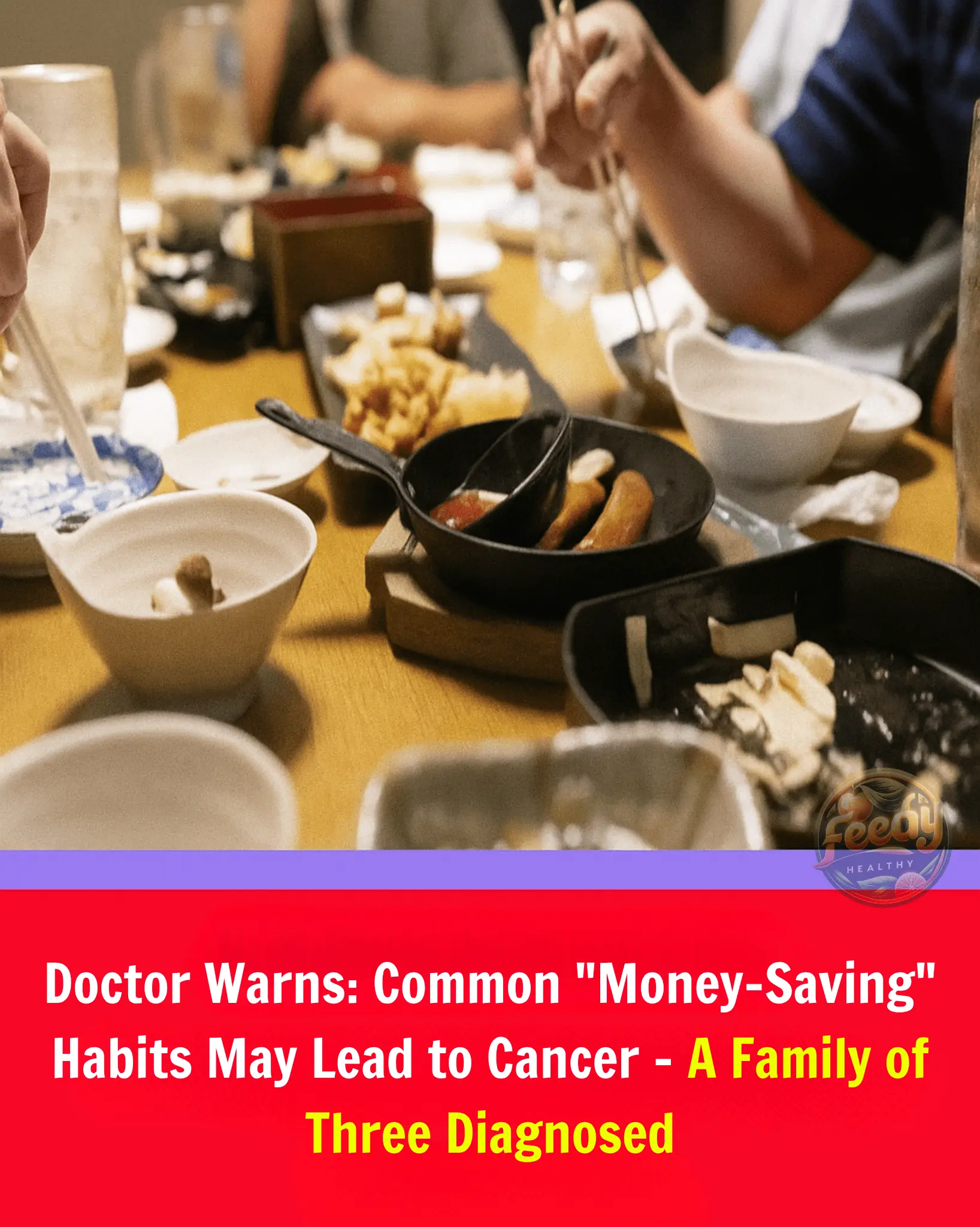
Doctor Warns: Common "Money-Saving" Habits May Lead to Cancer – A Family of Three Diagnosed
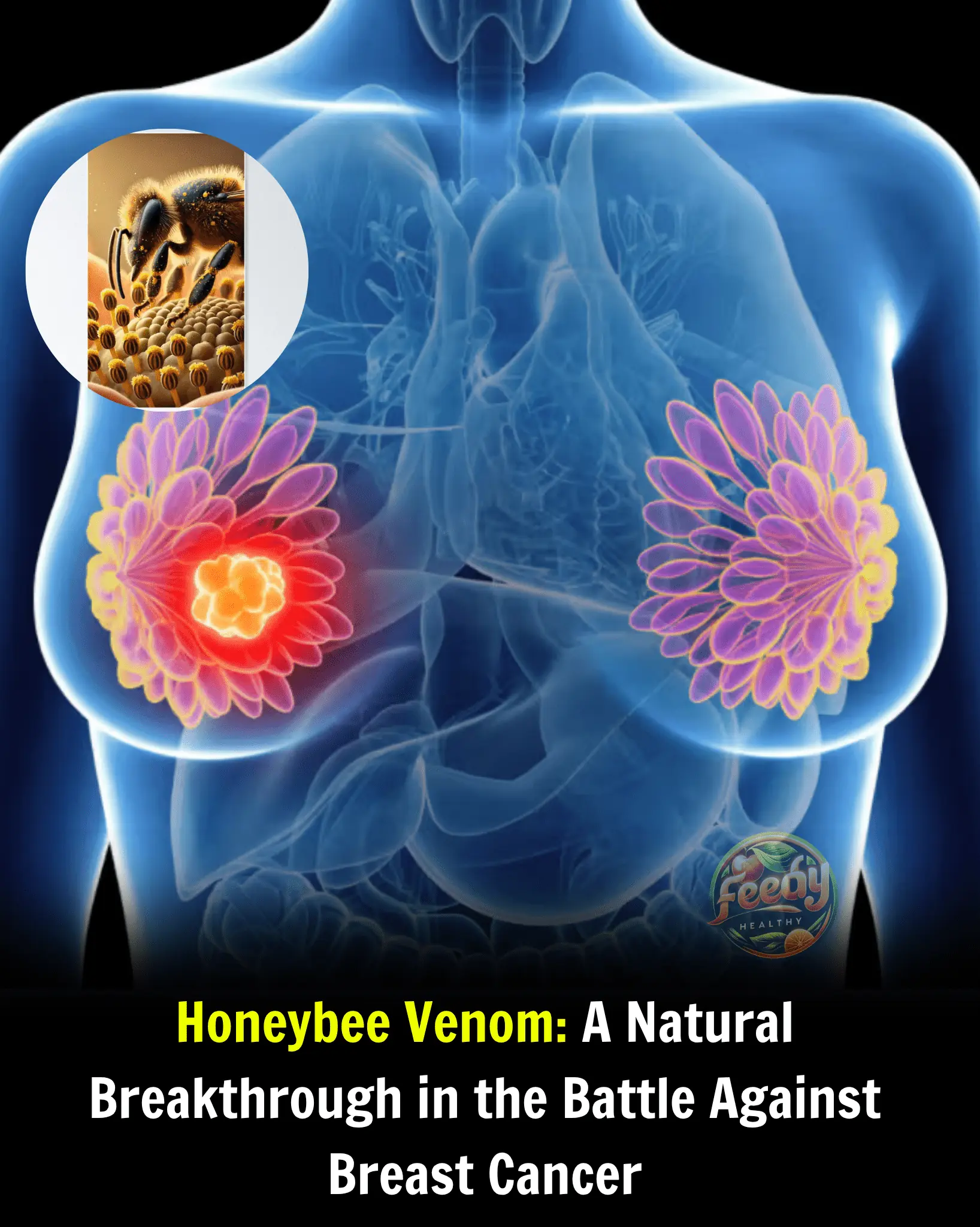
Honeybee Venom: A Natural Breakthrough in the Battle Against Breast Cancer

5 Concerning Symptoms During Sleep That May Signal an Impending Stroke
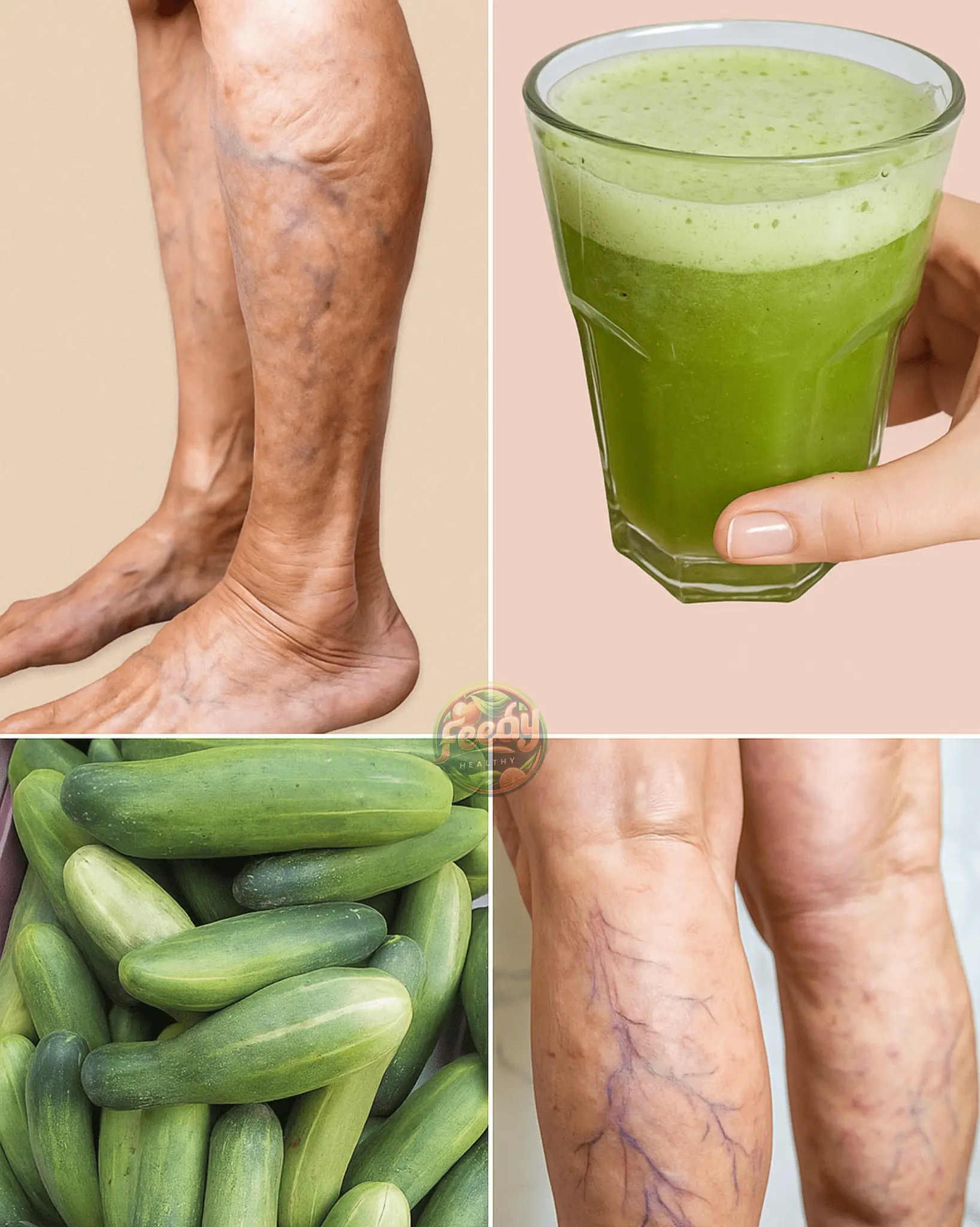
Do You Eat Cucumber? Few Know It Helps With THIS – Incredible Benefits of Eating Cucumber for Varicose Veins
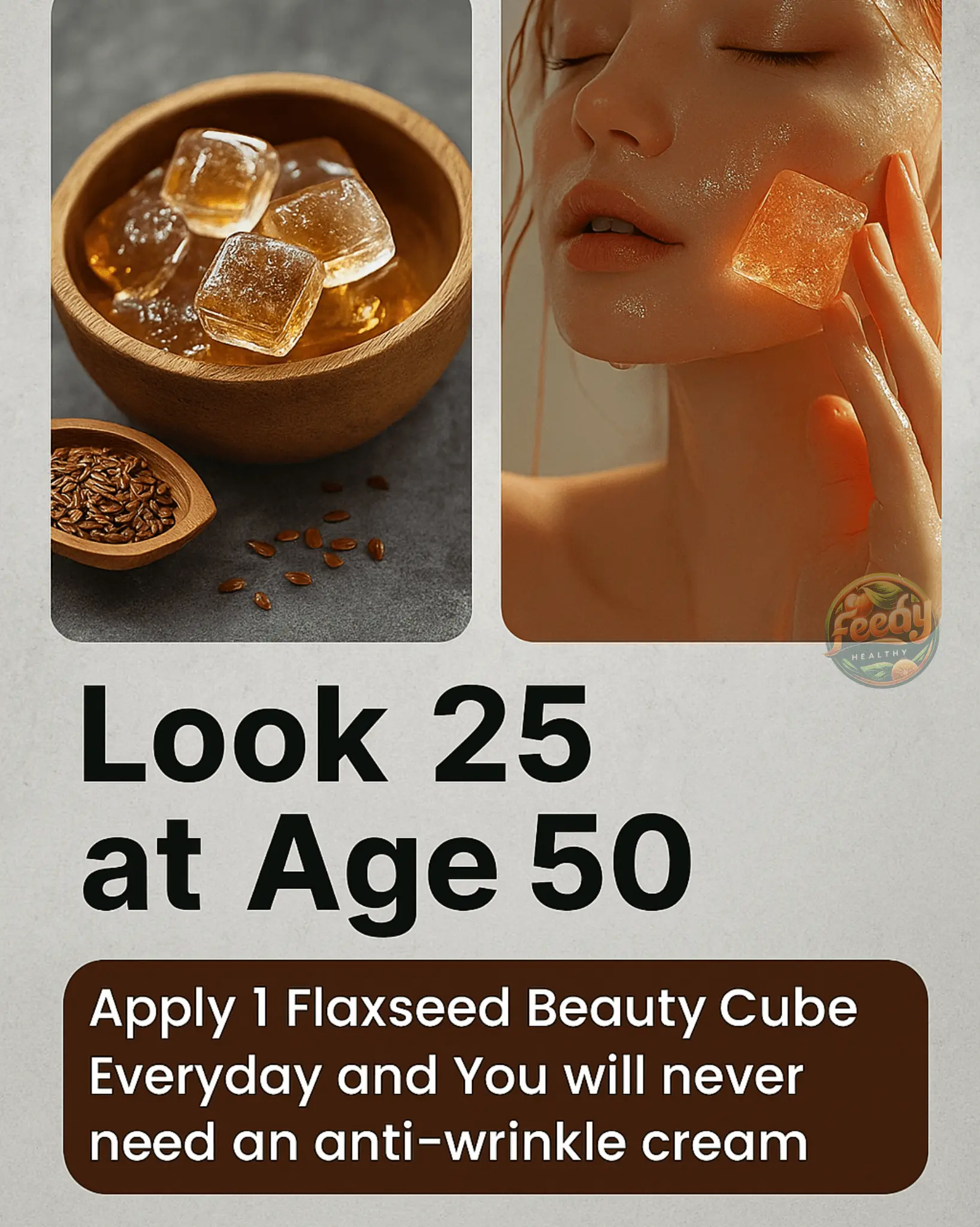
DIY Flaxseed Gel Ice cubes for Clear Skin & Large Pores
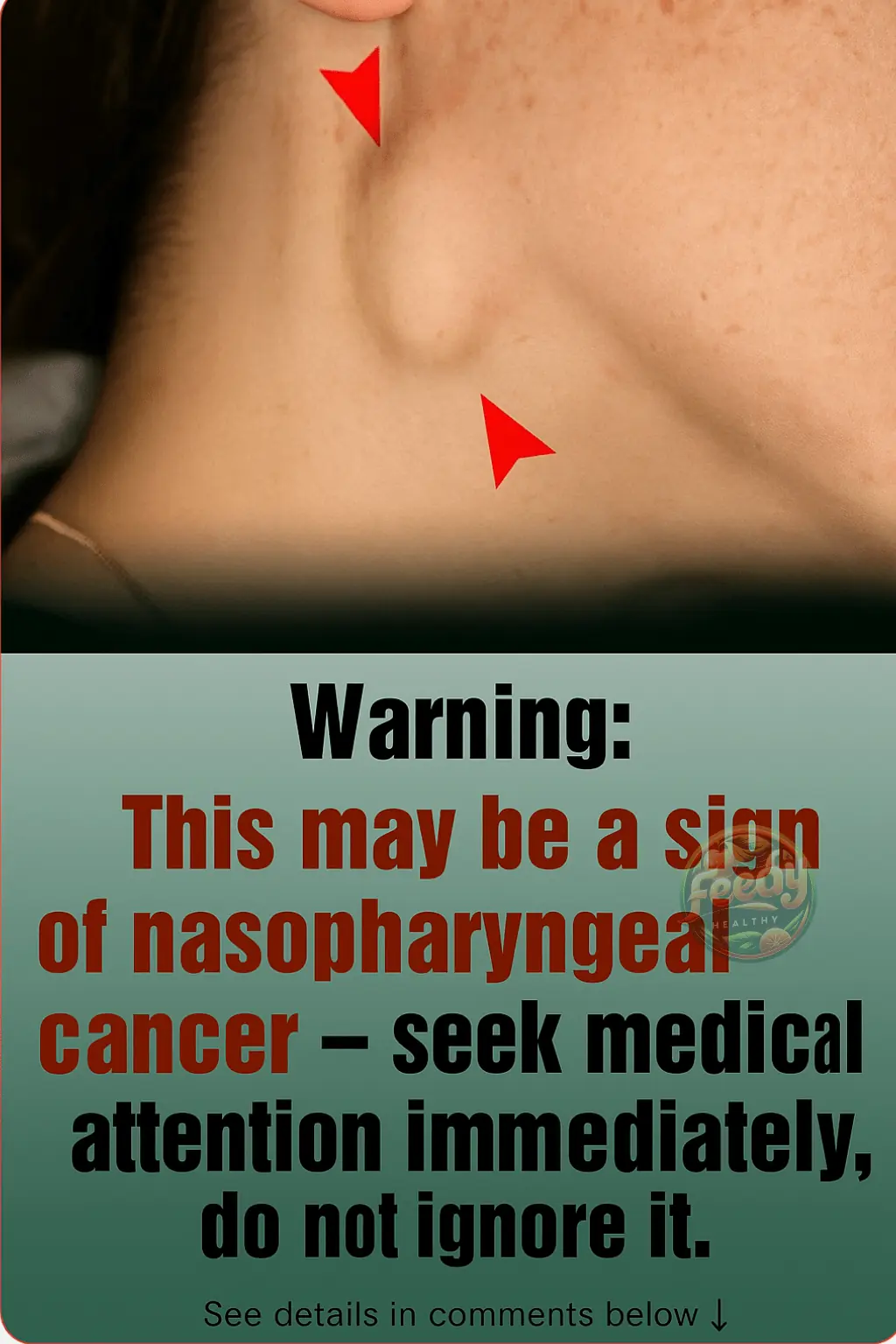
Early Warning Signs That May Indicate Advanced Nasopharyngeal Cancer
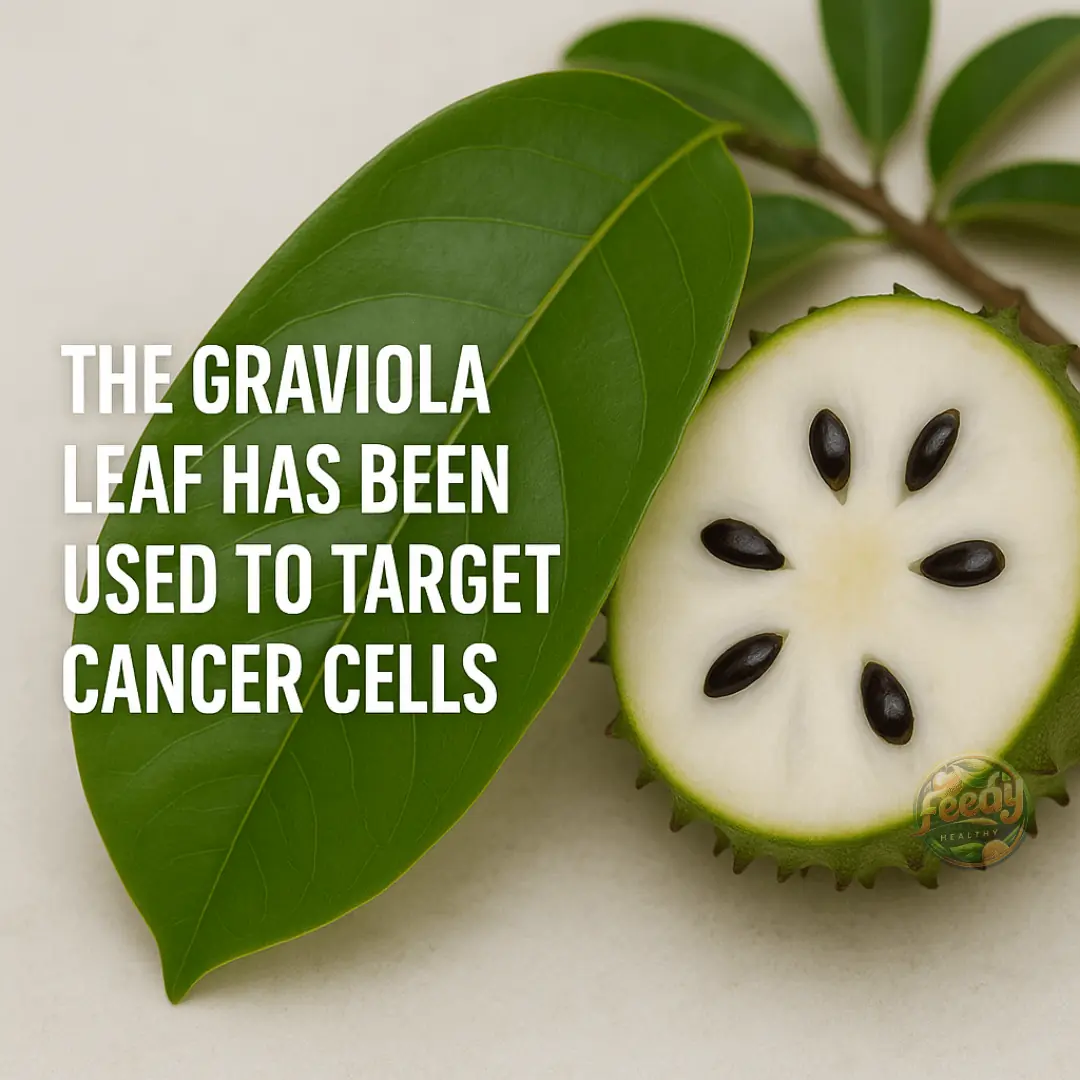
Graviola Leaf: A Traditional Remedy with Promising Potential in Cancer Research
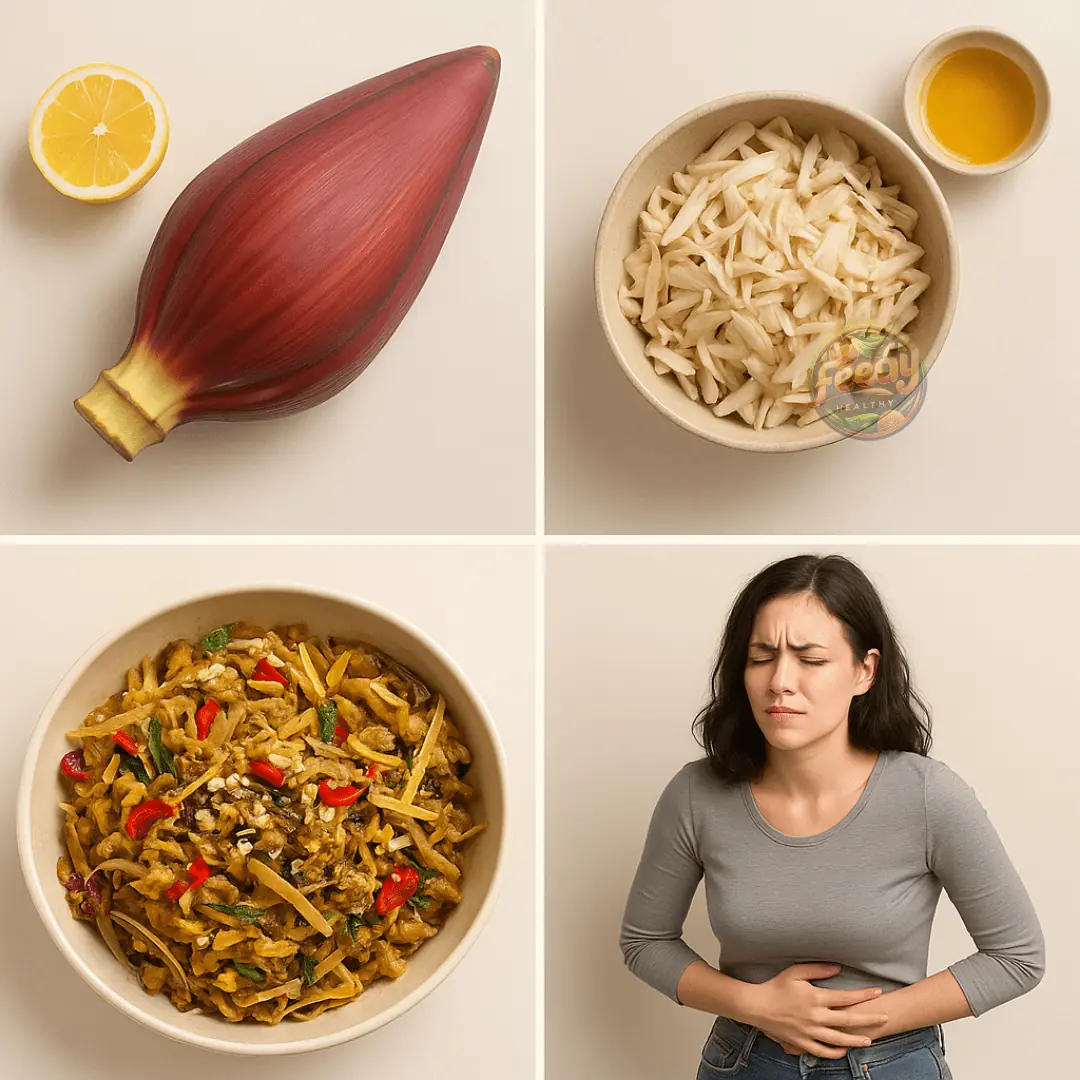
How Banana Blossom Can Boost Your Health: Nutritional Benefits and Delicious Recipes
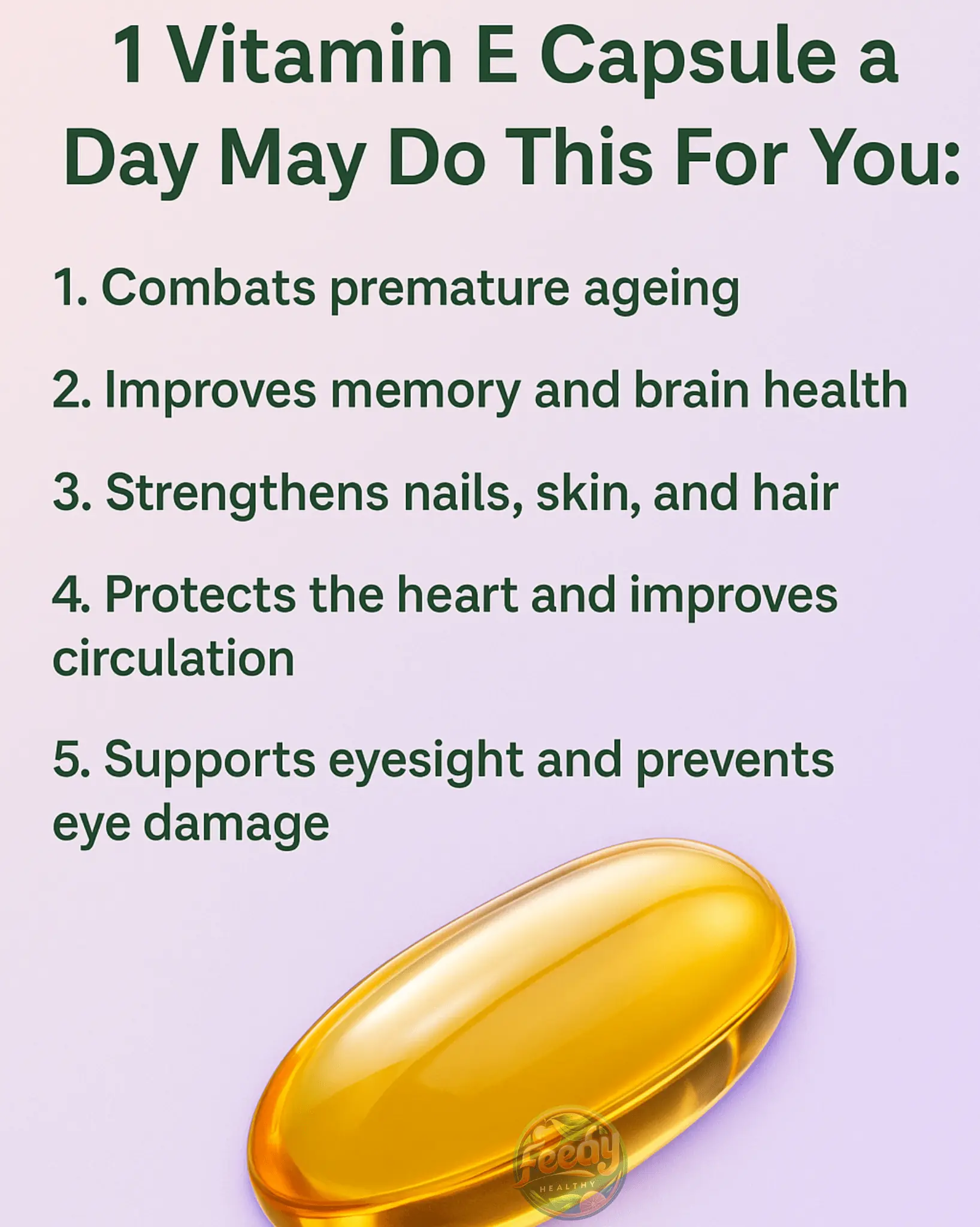
1 Vitamin E Capsule a Day Can Do This For You
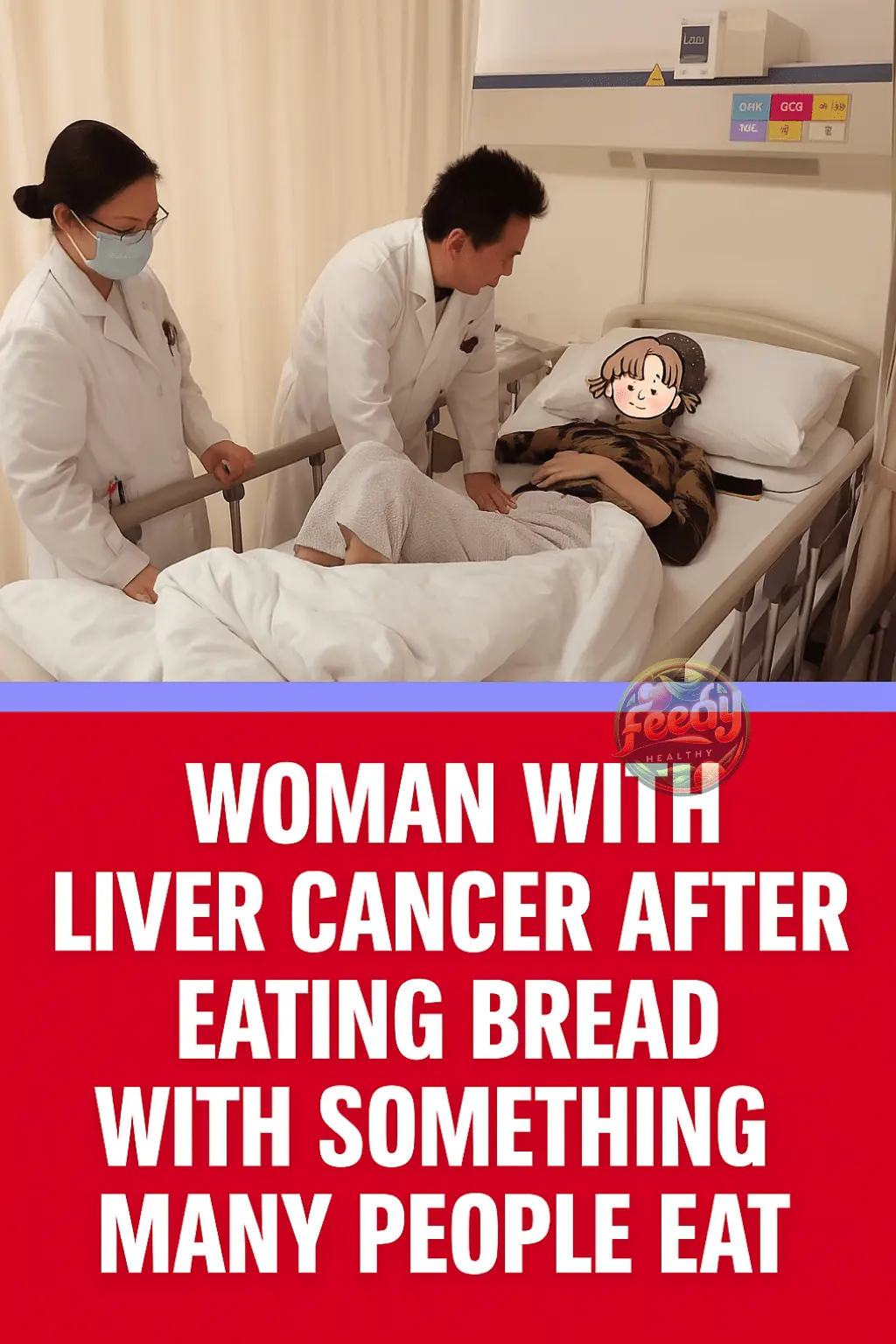
Could Contaminated Peanut Butter Raise Liver Health Concerns? What You Should Know About Aflatoxins
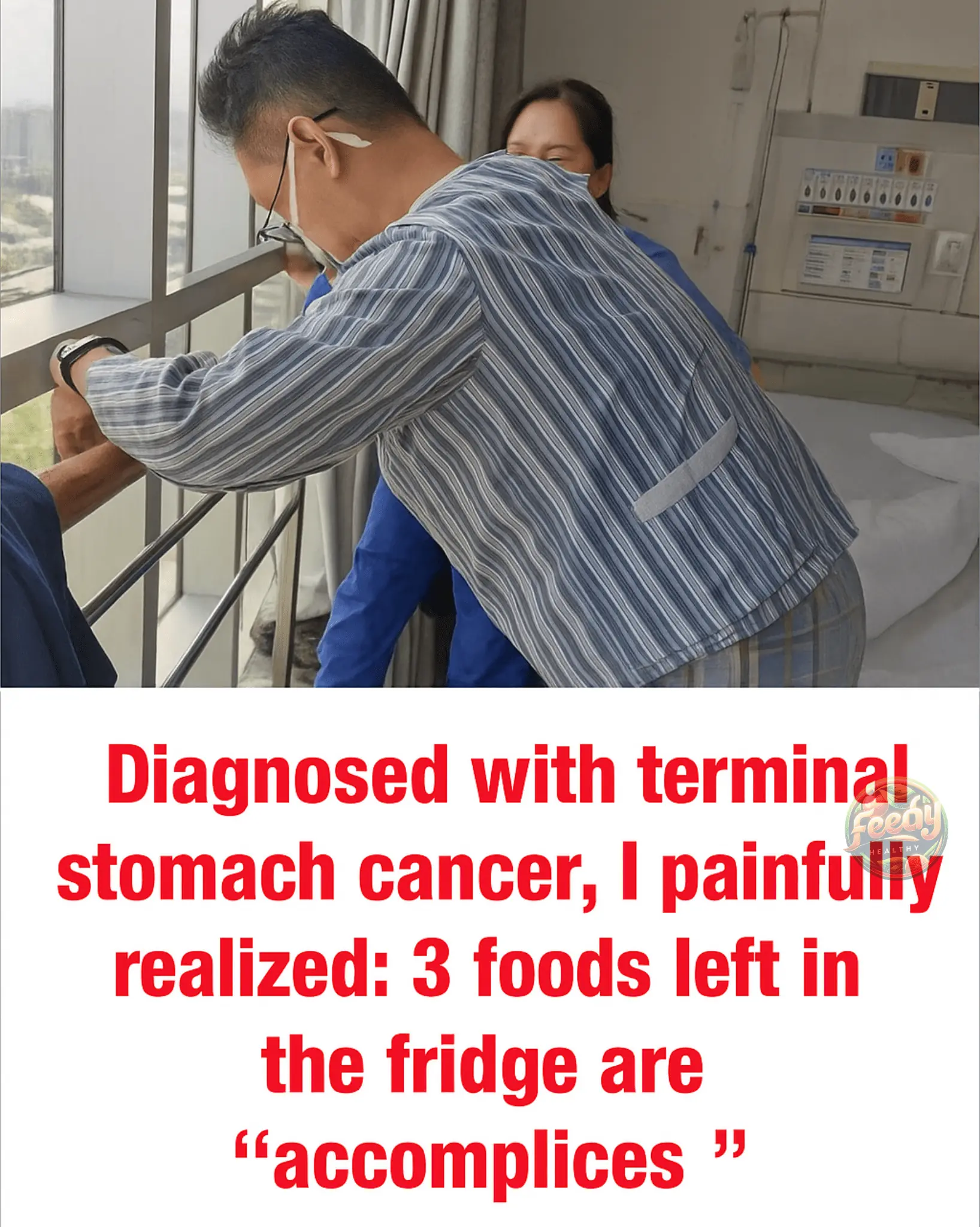
Diagnosed with Late-Stage Stomach Cancer, I Realized Too Late: 3 Common Foods Left in the Fridge Were Silent Contributors
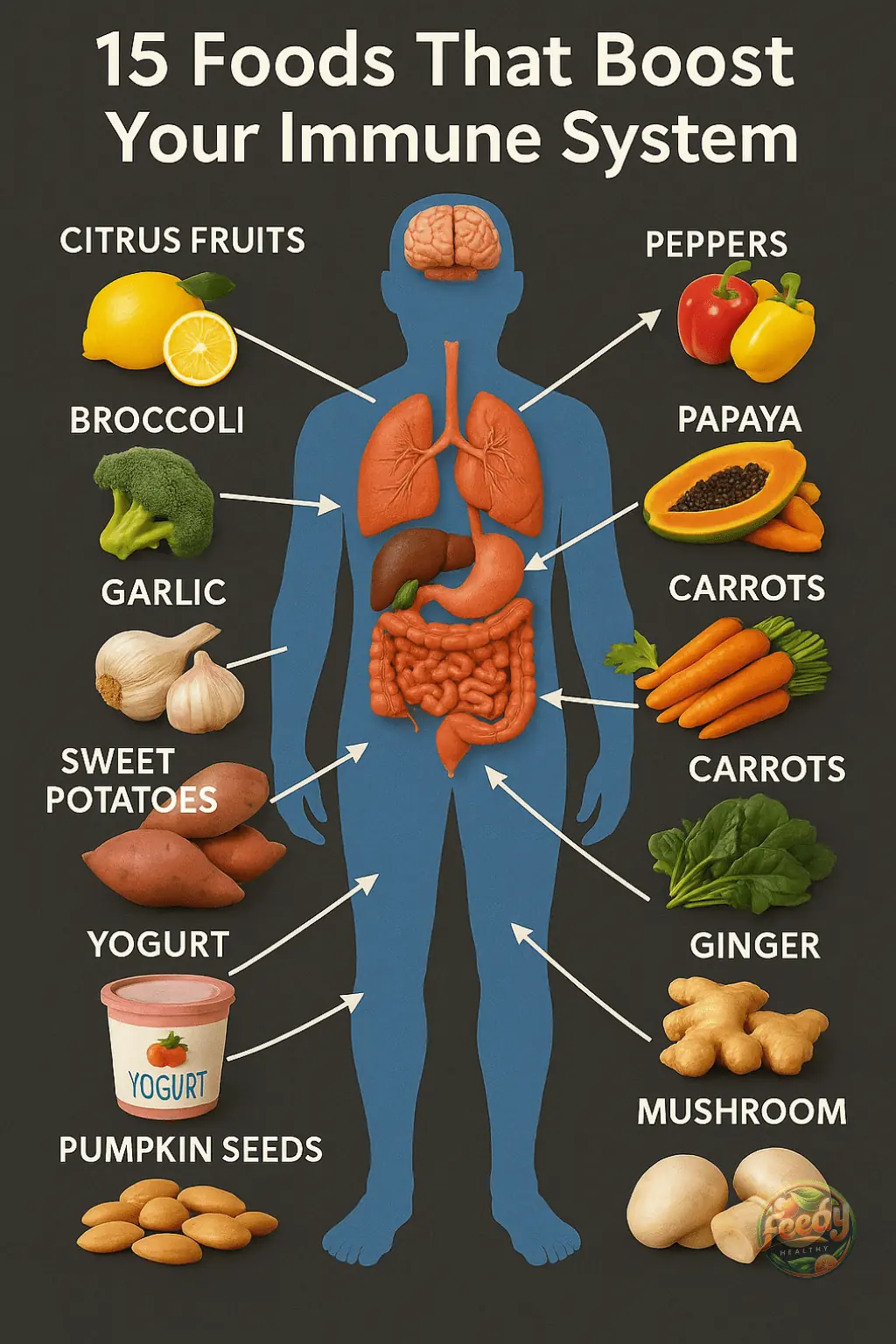
15 Immune-Boosting Foods You Should Add to Your Diet Today
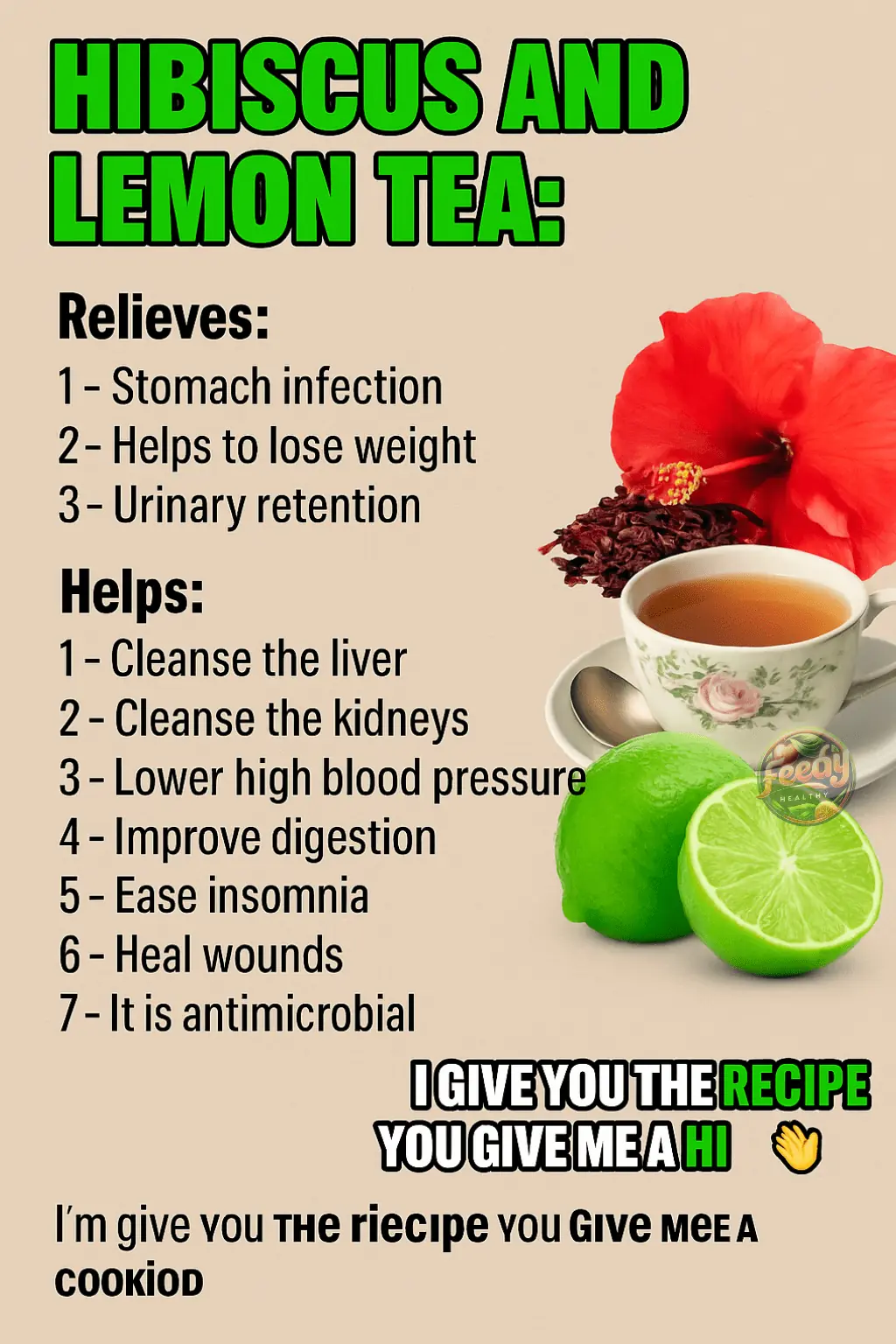
Hibiscus and Lemon Tea 🍋🌺
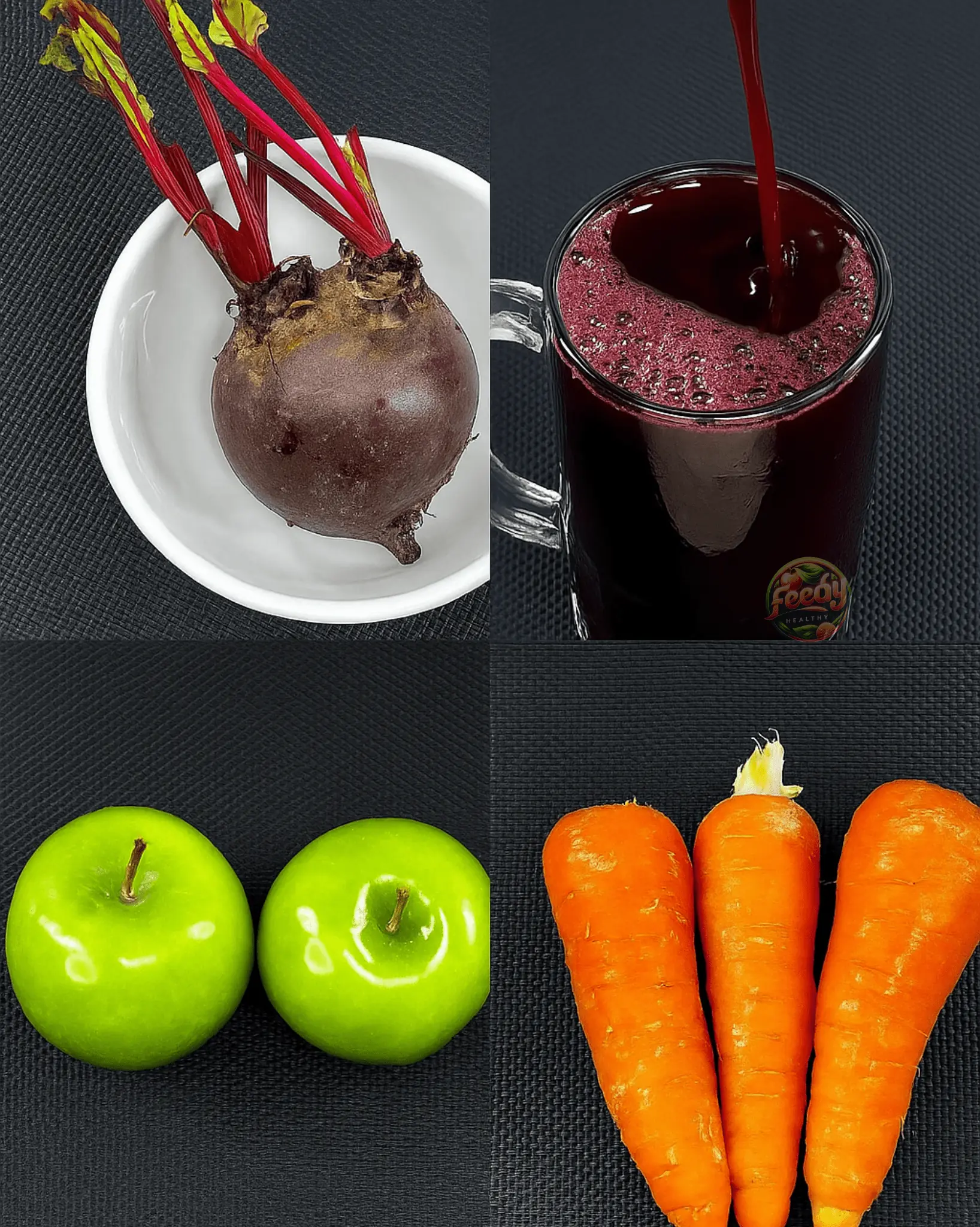
Don't Suffer Anymore — Eliminate Anemia, Restore Your Vision, and Cleanse Fatty Liver!
News Post

Tourist who was trapped 1,600ft down active volcano for days tragically dies before rescuers get to her
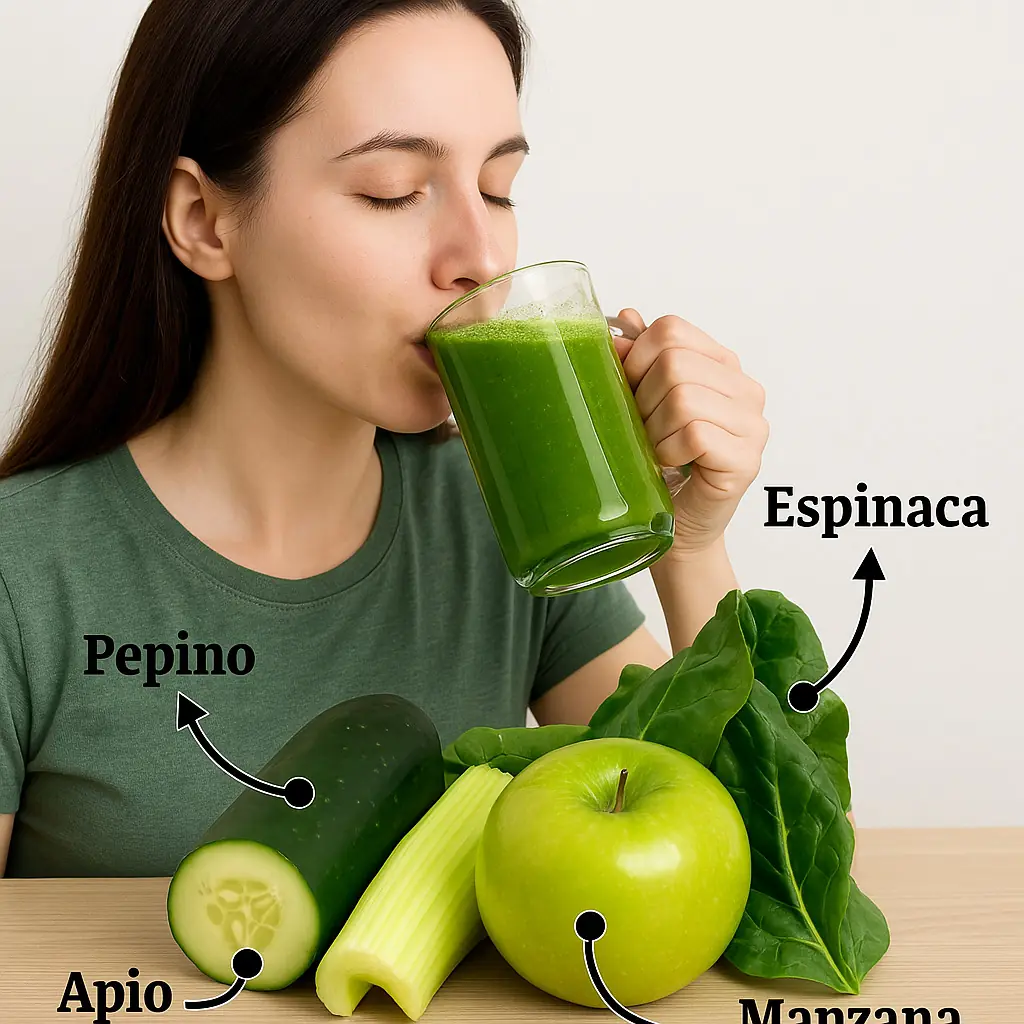
The Ultimate Green Juice for Weight Loss
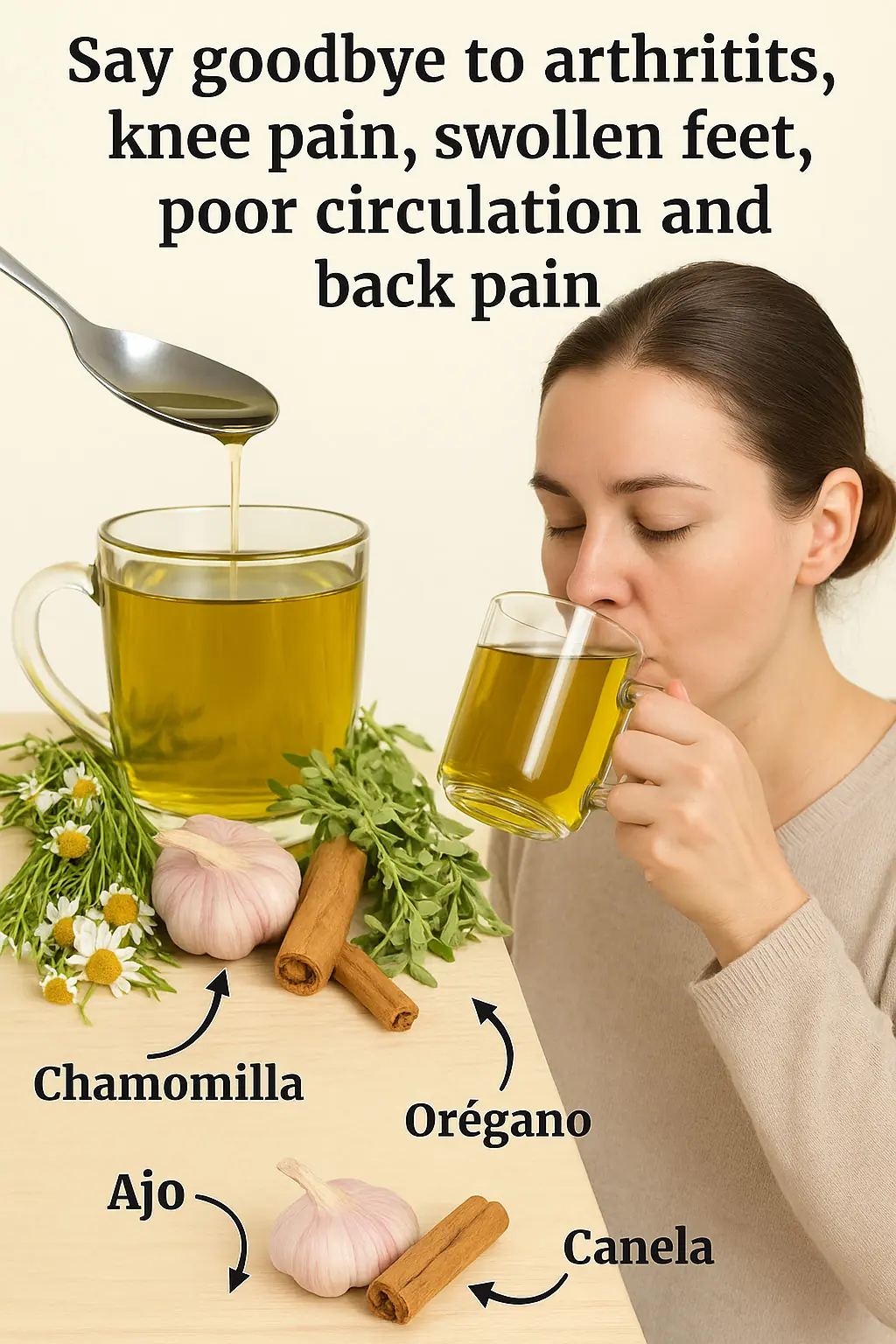
Natural Remedy to Eliminate Arthritis, Swollen Feet, Poor Circulation & Back Pain
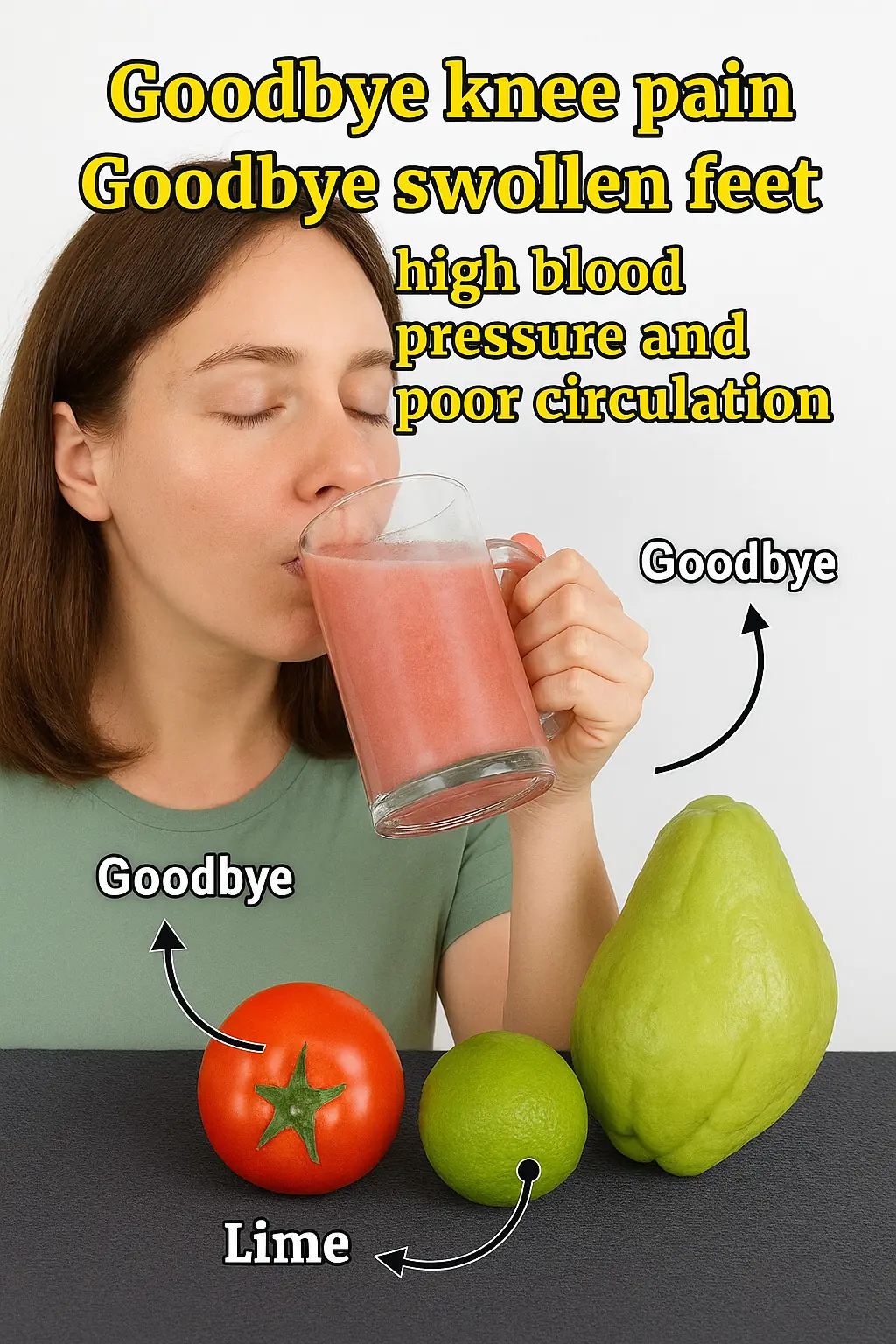
Say Goodbye to Knee Pain and Swollen Feet with This Natural Remedy

How to Transform Banana Peels into Powerful Homemade Fertilizer In Just 5 Steps

5 Mouth Symptoms That Could Signal Cancer – Don’t Ignore the Pain

Stage 4 cancer patient warns overlooked minor signs can mask a fatal disease
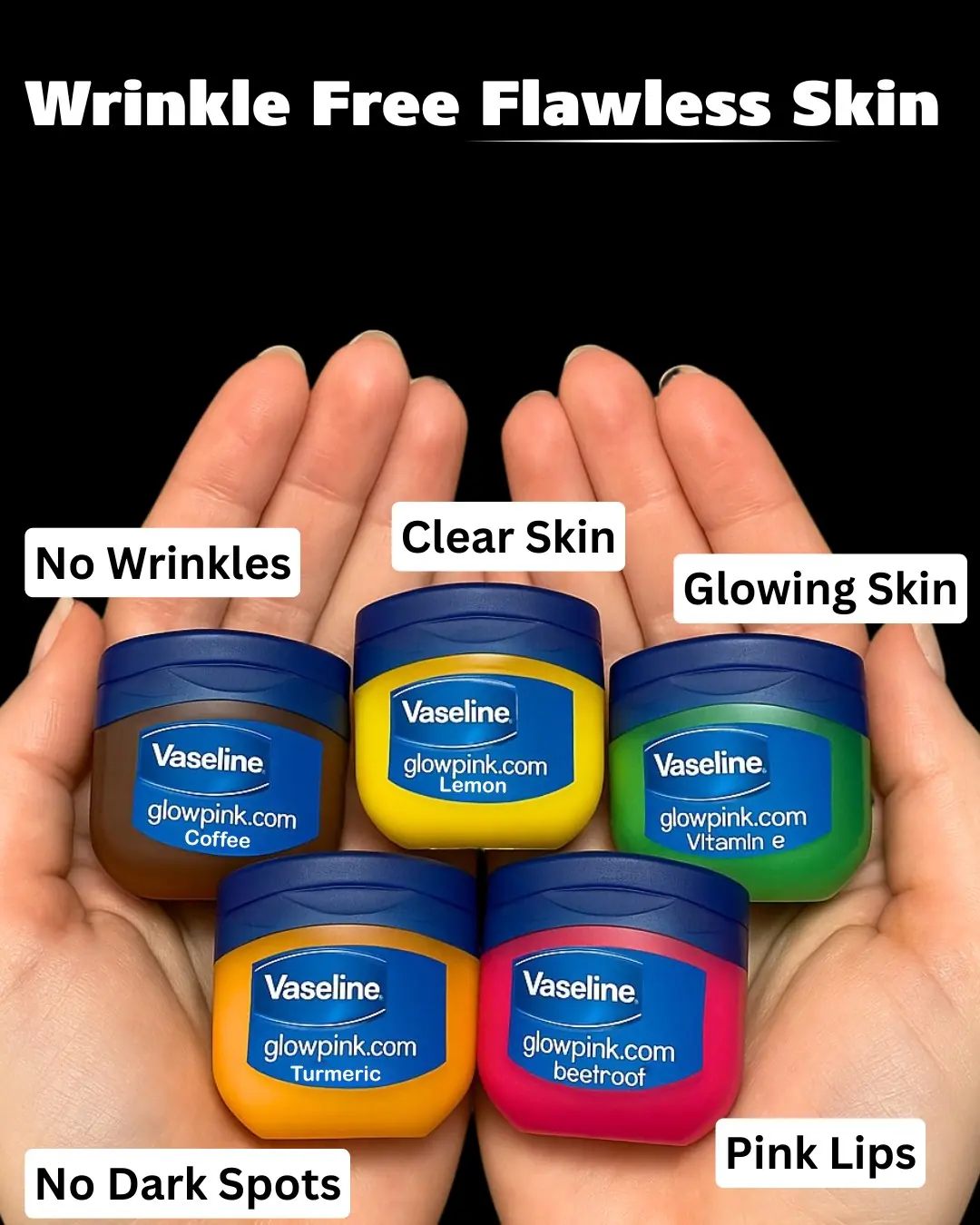
Vaseline For A Wrinkle-Free, Flawless, Glowing Skin
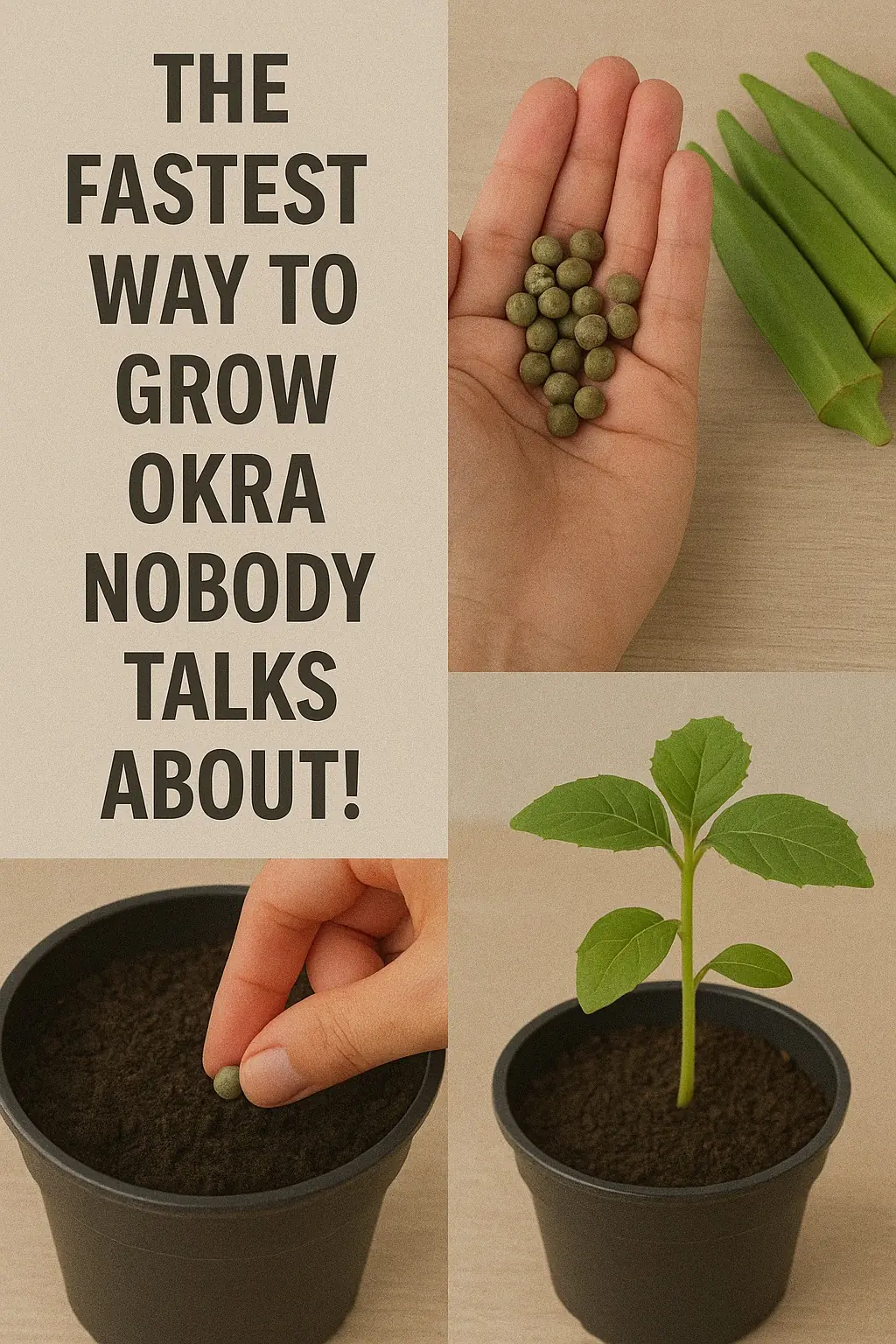
THE FASTEST WAY TO GROW OKRA NOBODY TALKS ABOUT!
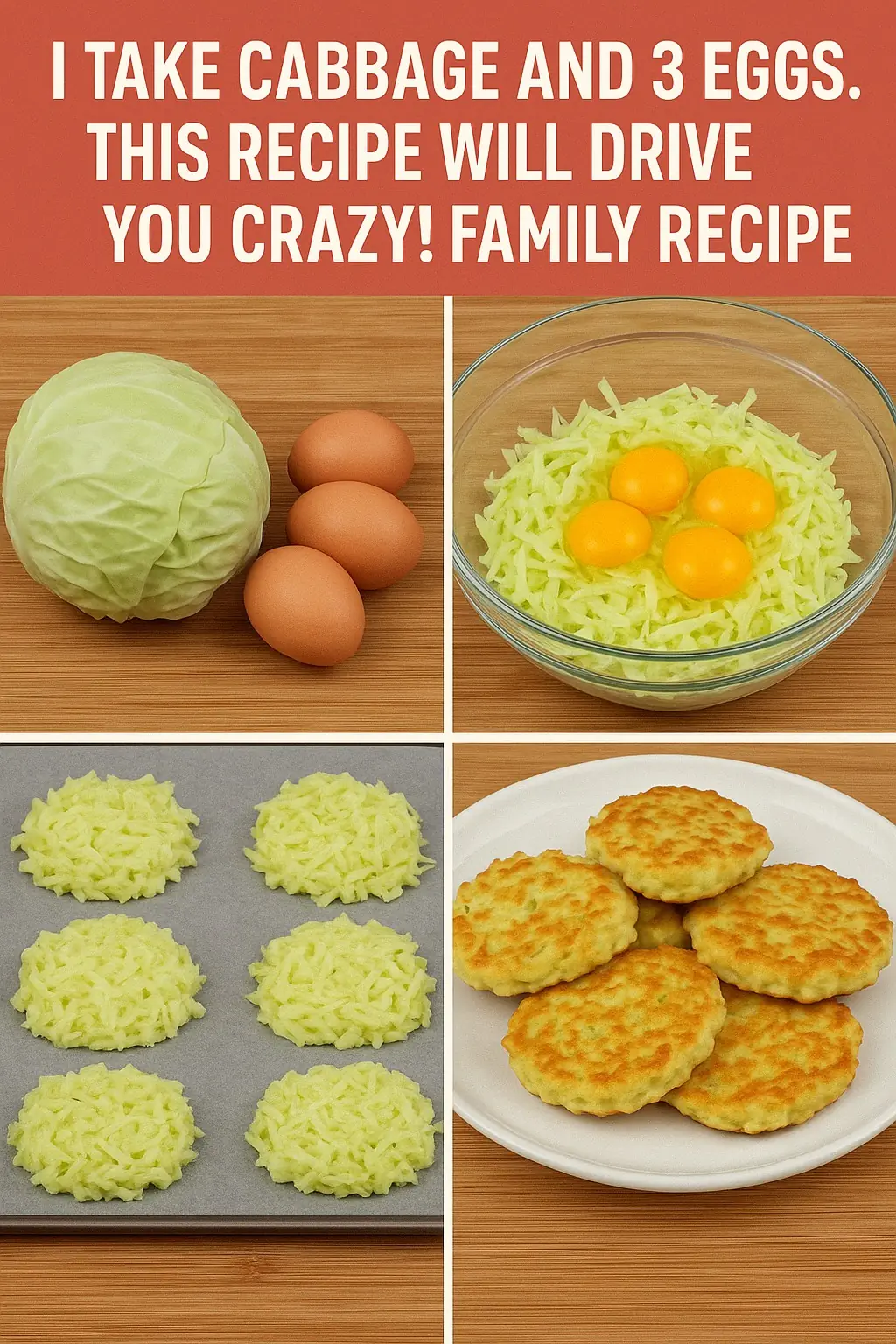
Take a Bite of these Delicious Cabbage and Egg Fritters!
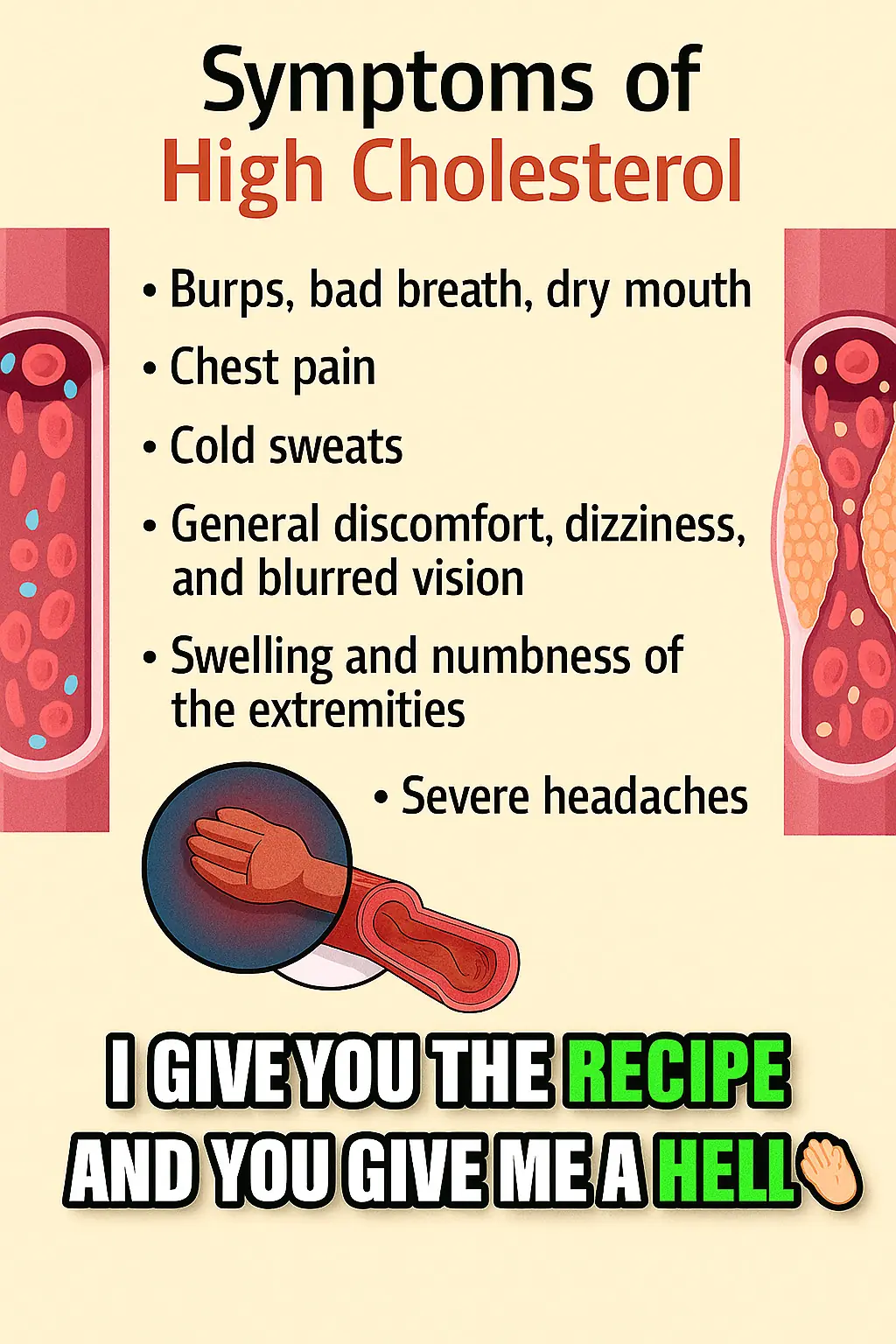
Warning Signs of High Cholesterol You Shouldn’t Ignore
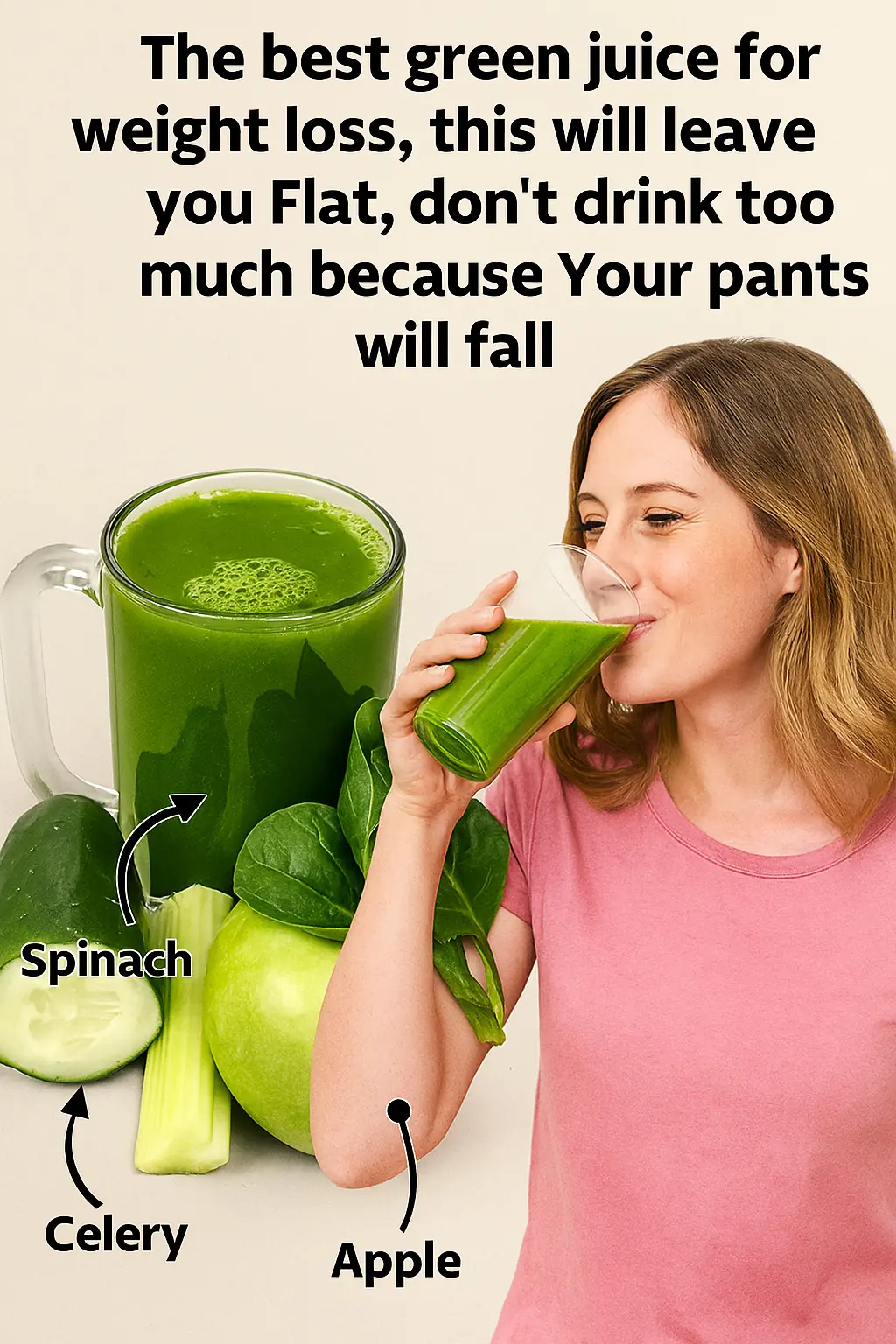
THE ULTIMATE GREEN JUICE FOR WEIGHT LOSS — FLATTEN YOUR STOMACH FAST!
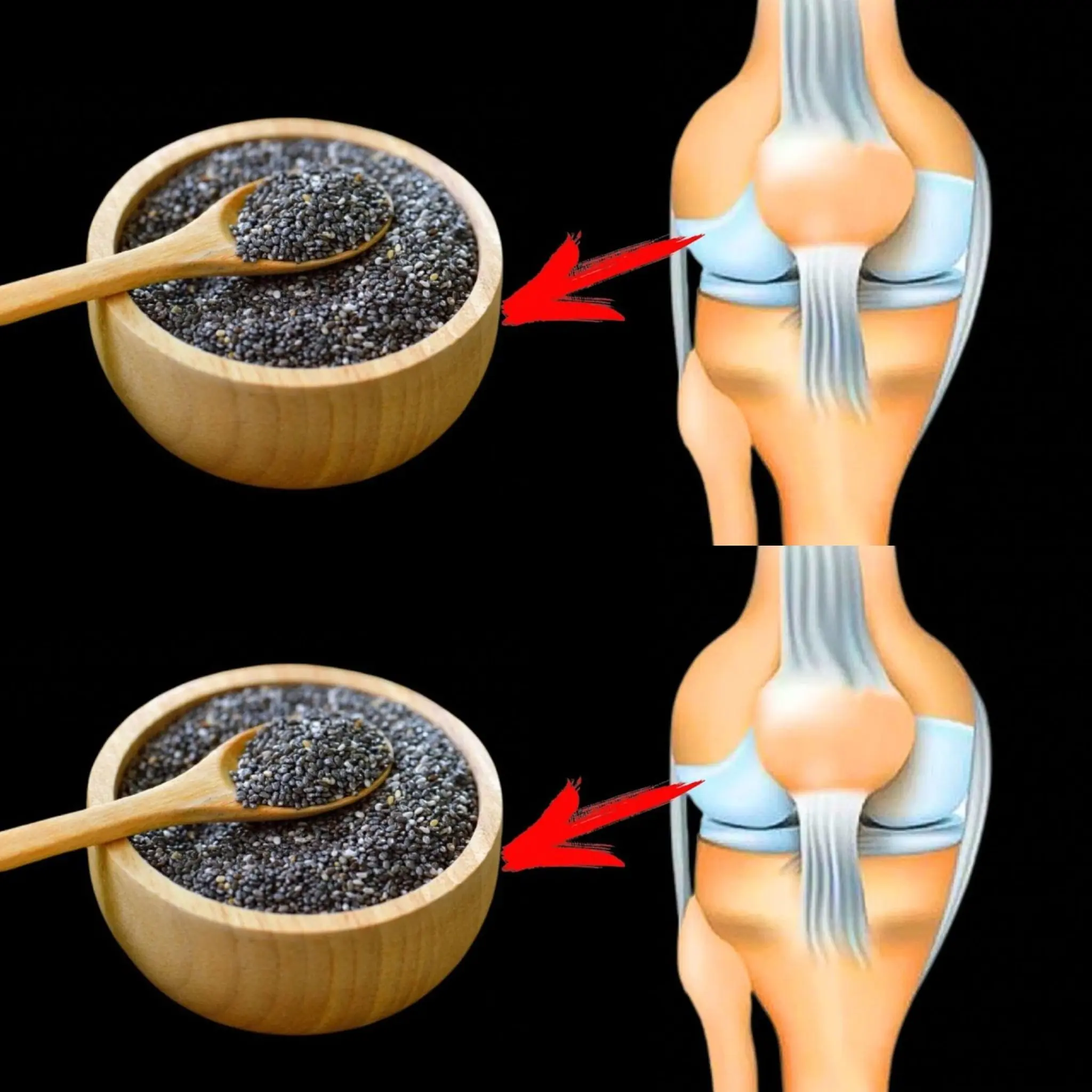
Eat THIS to Restore Knee Cartilage 💥 (Incredibly Fast!) 🤯 – Chia Seeds!

6 Types of Pain That May Signal Early-Stage Cancer: Don’t Ignore These Symptoms Before It Spreads
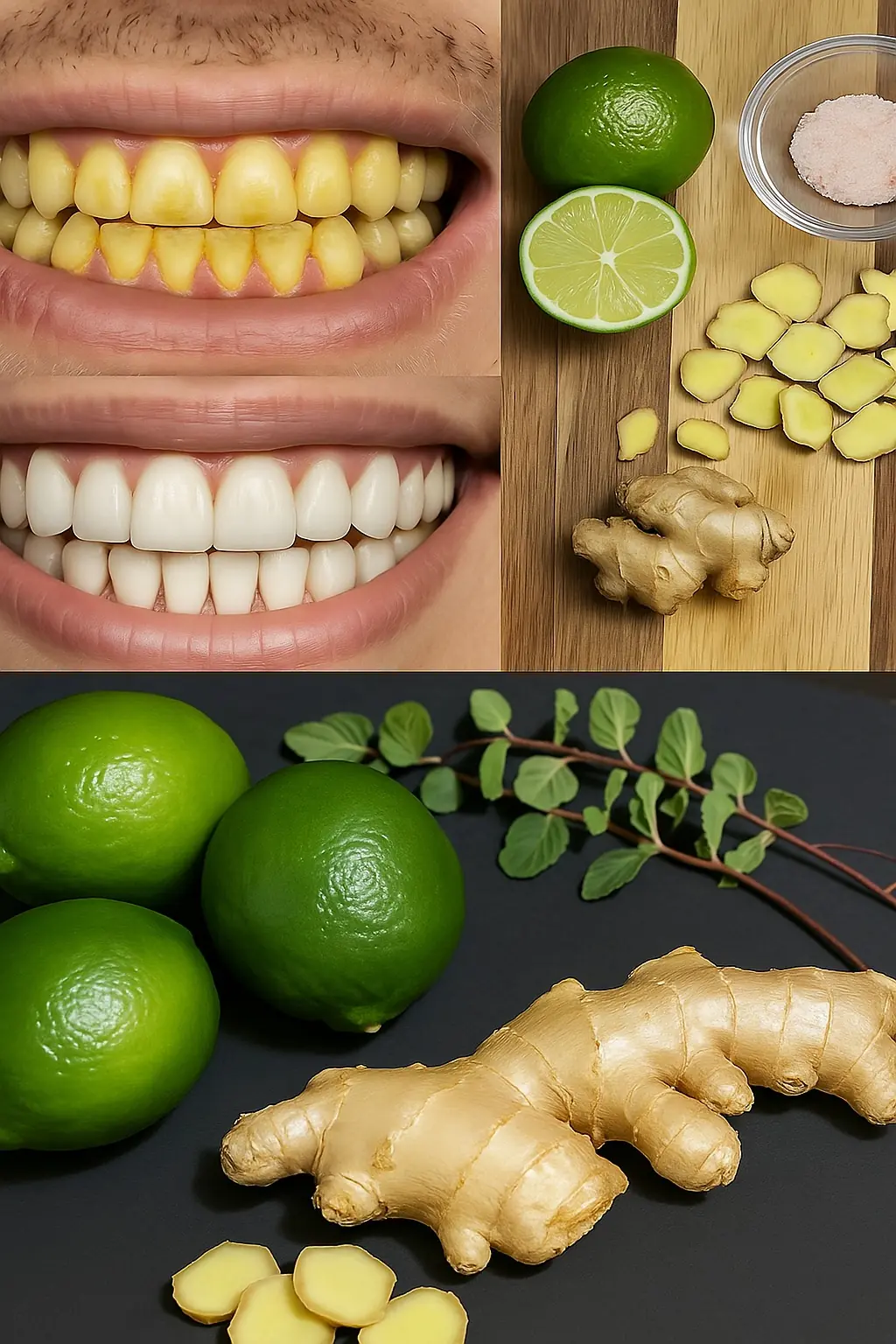
Sparkle Naturally: Transform Your Smile with Ginger and Salt!
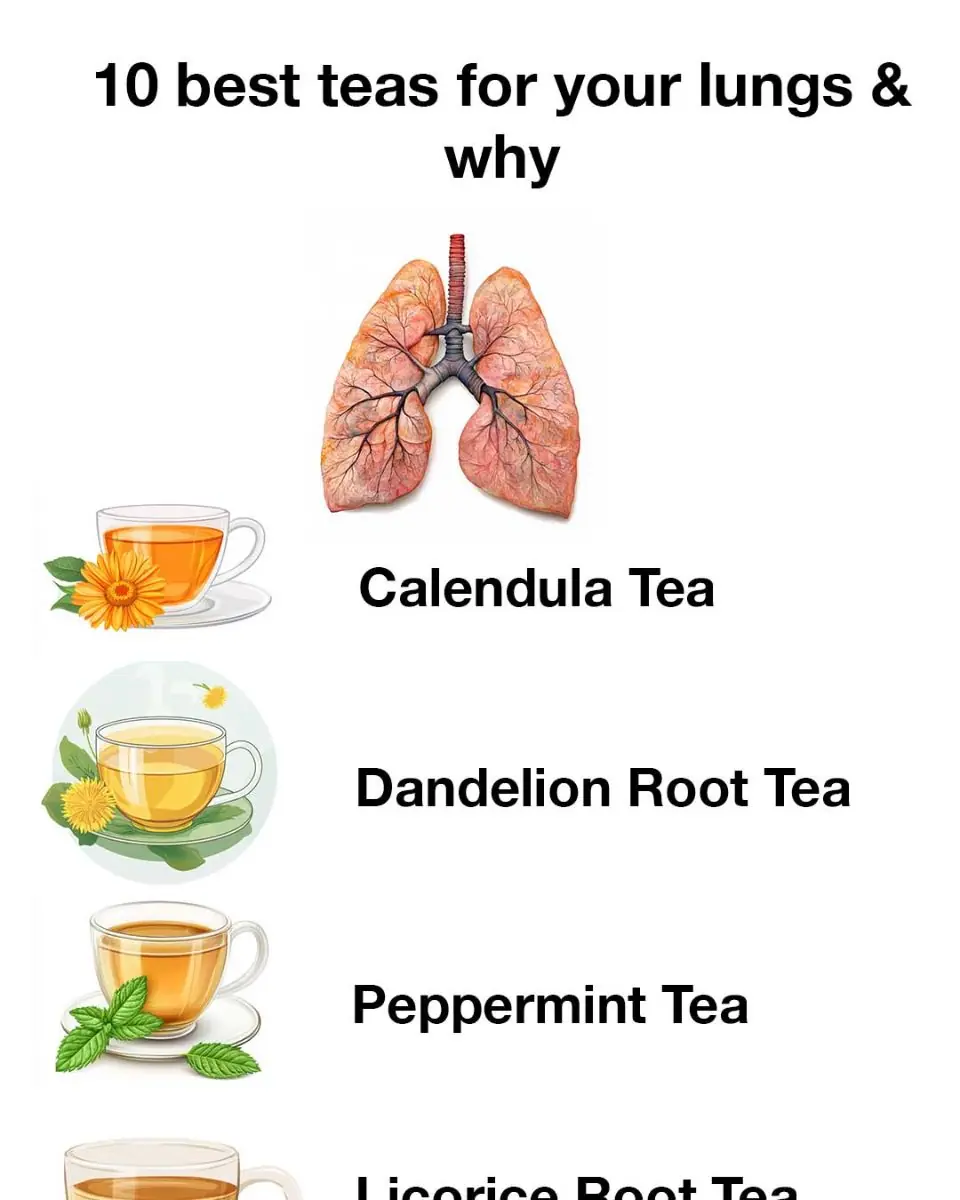
10 best teas for your lungs

I soaked my feet in apple cider vinegar. 15 mins later, this is what happened
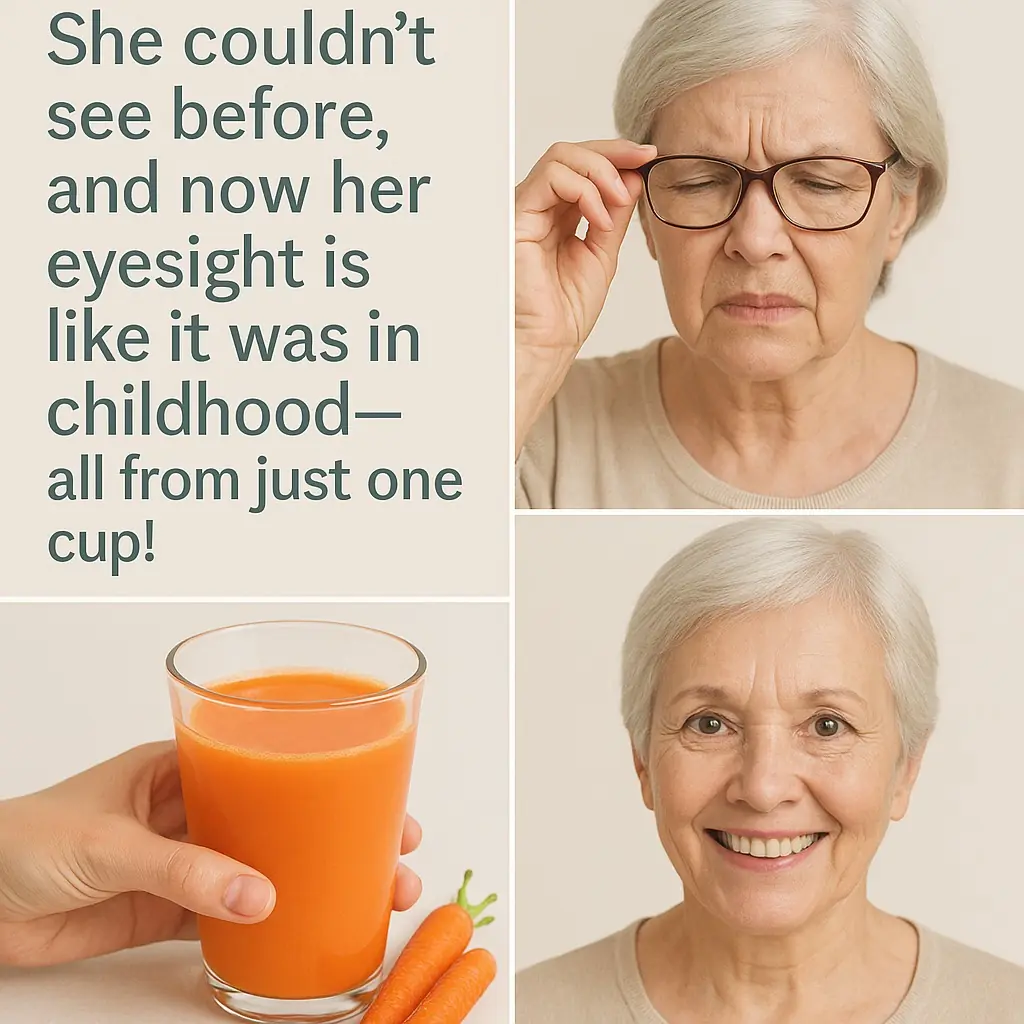
Improve Your Eyesight with the Power of Carrots! 🥕👀✨
